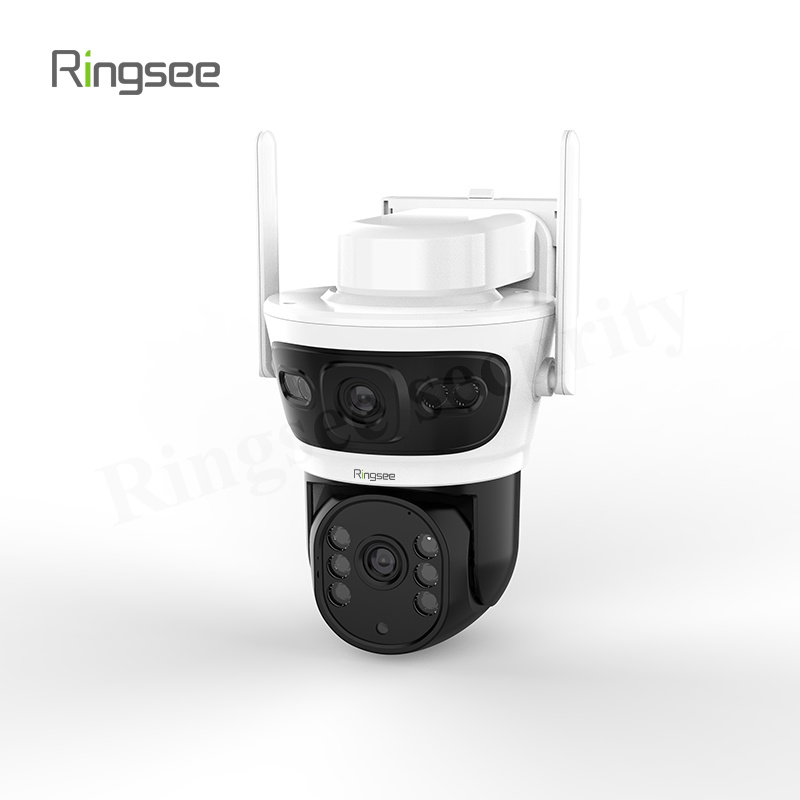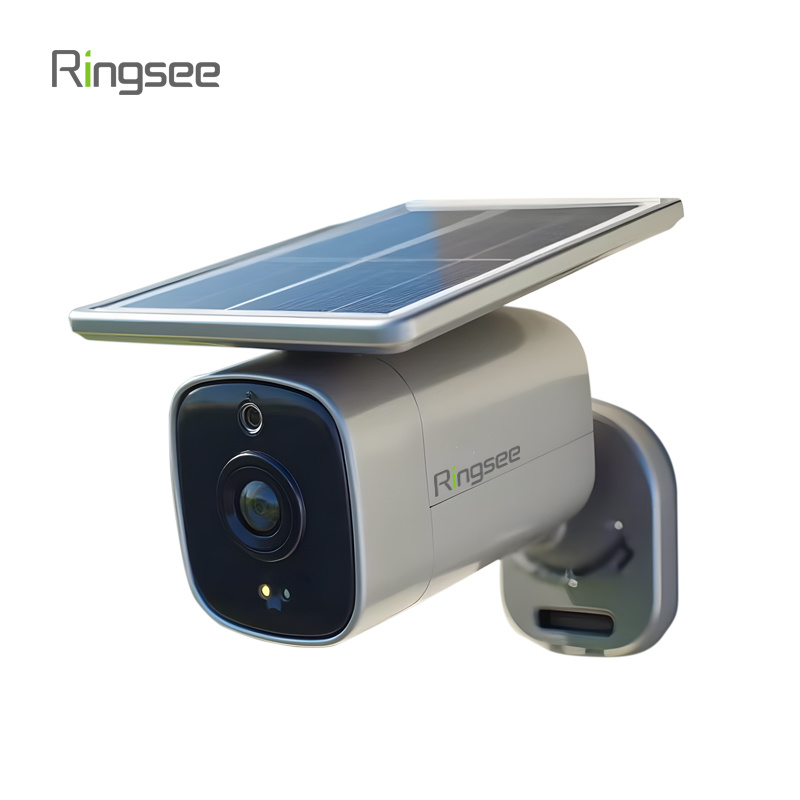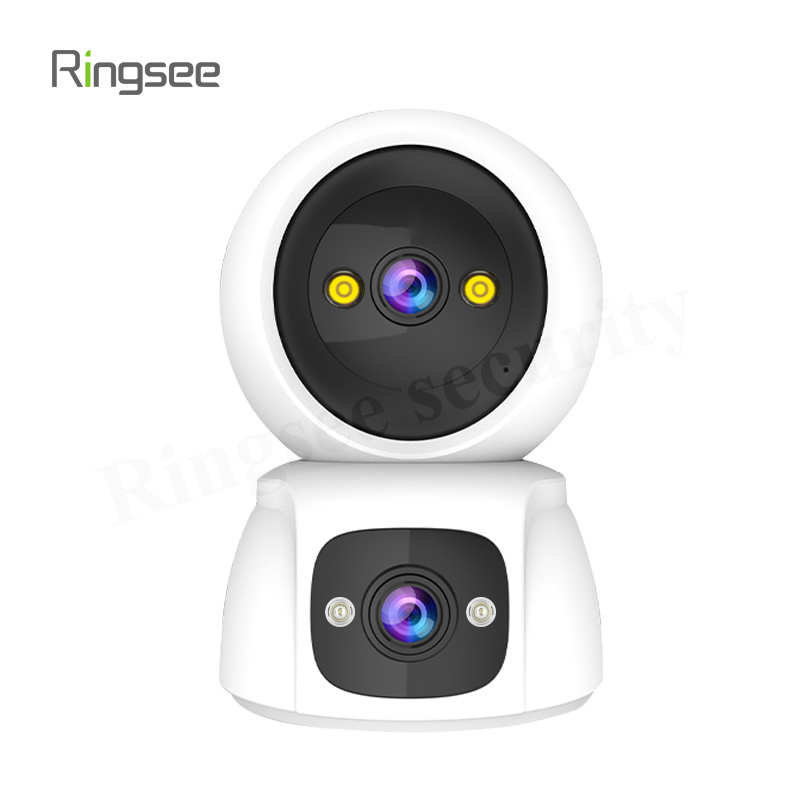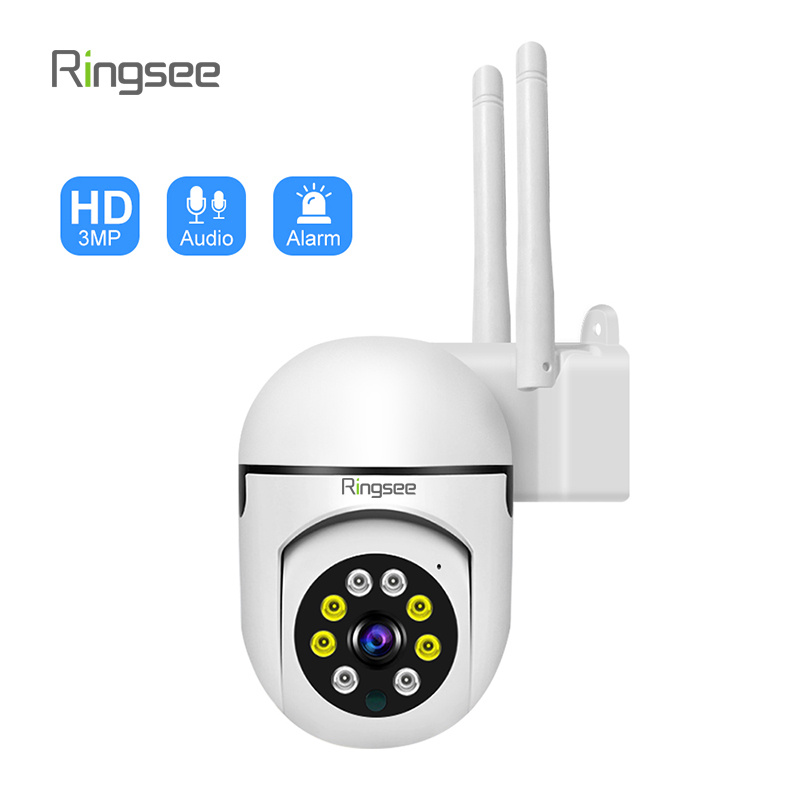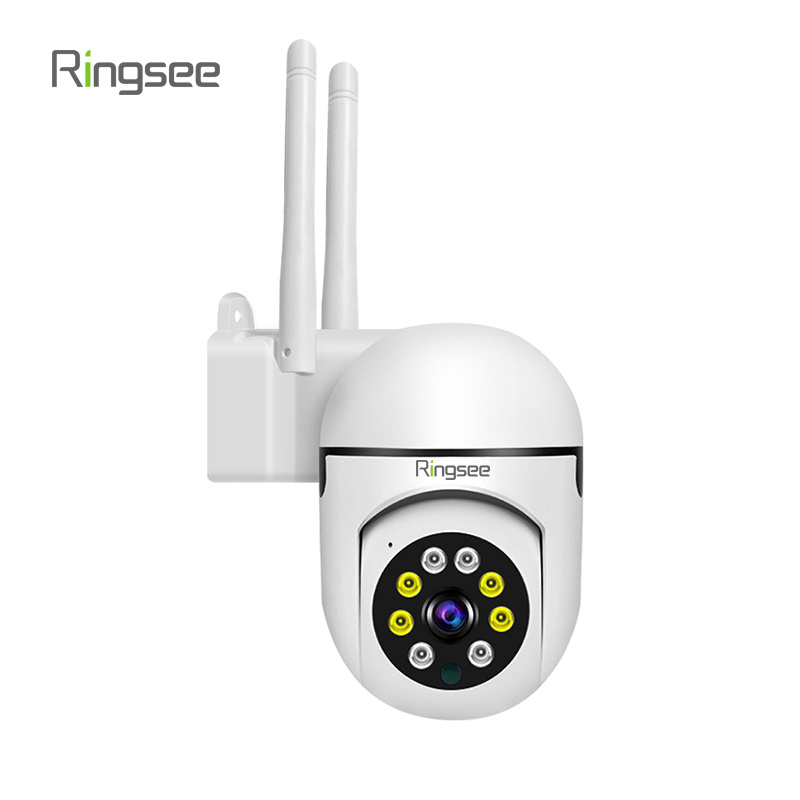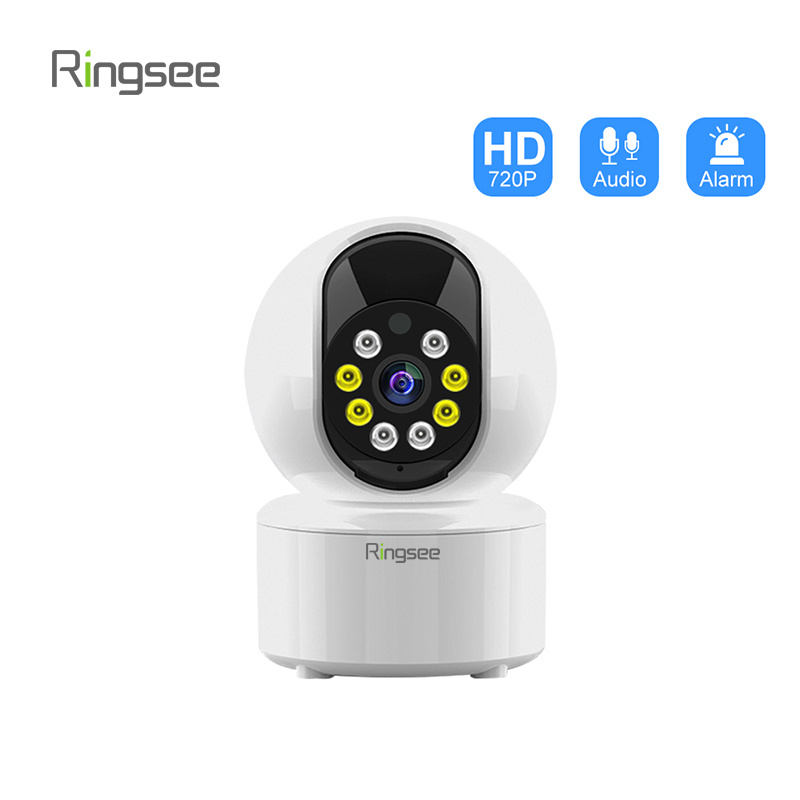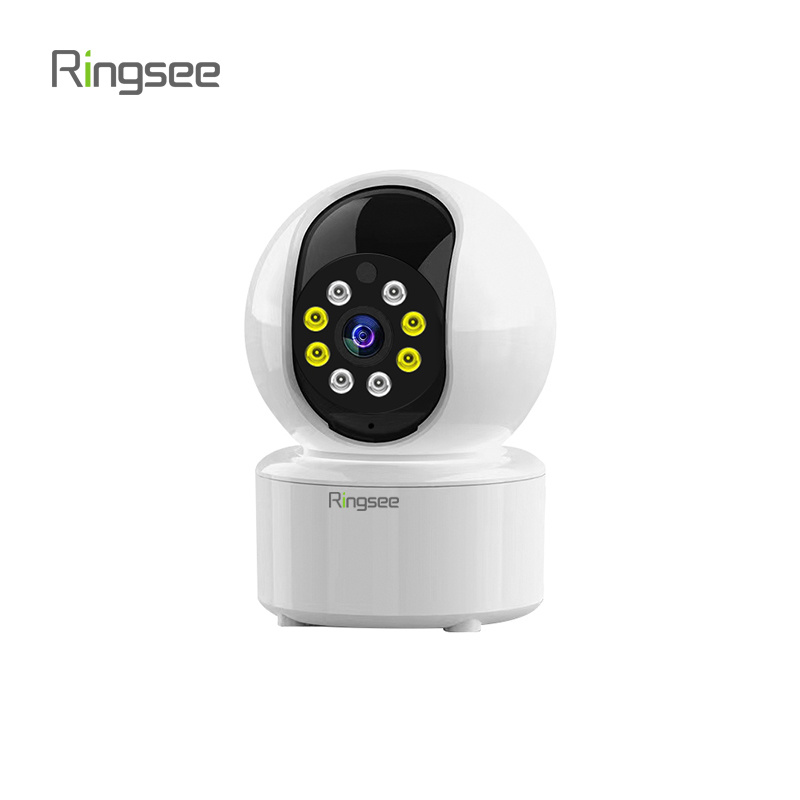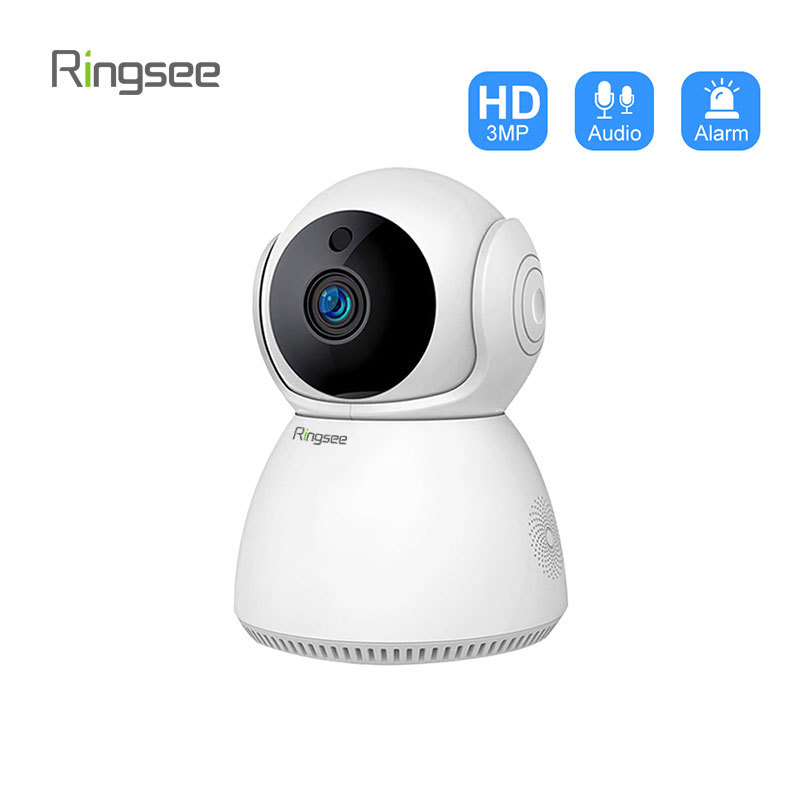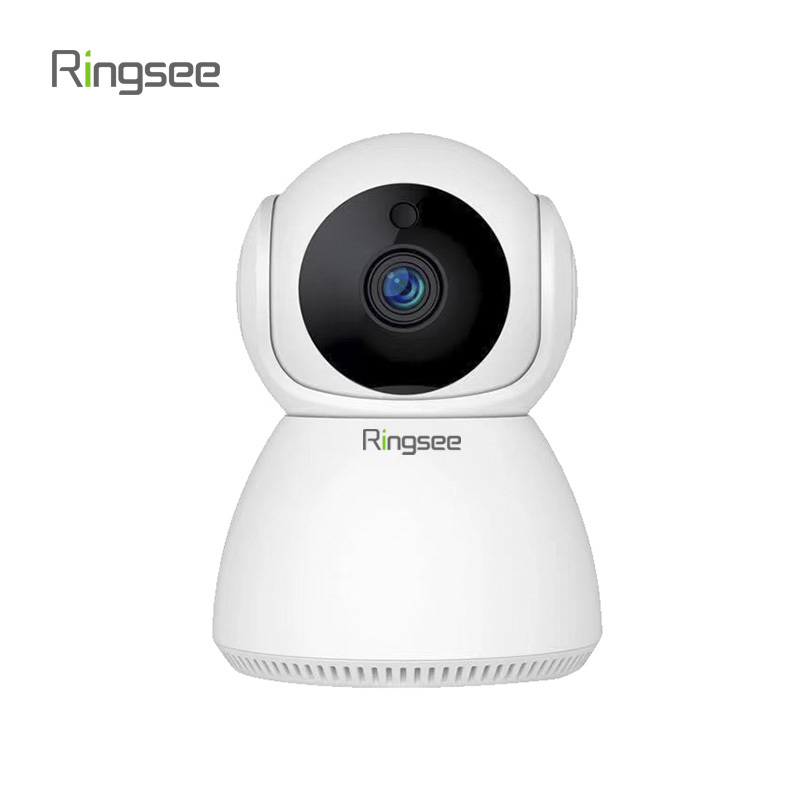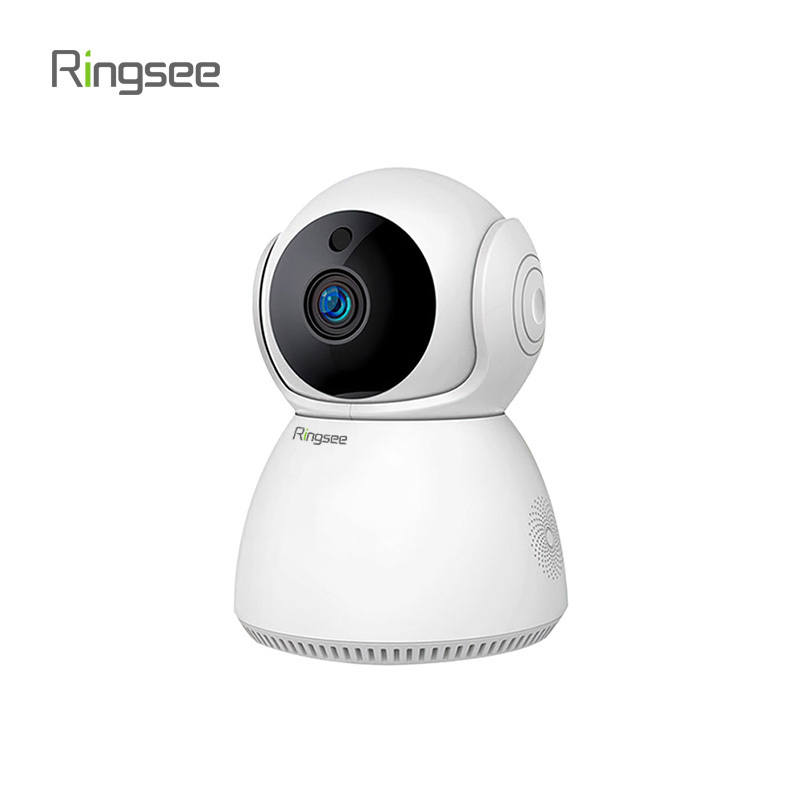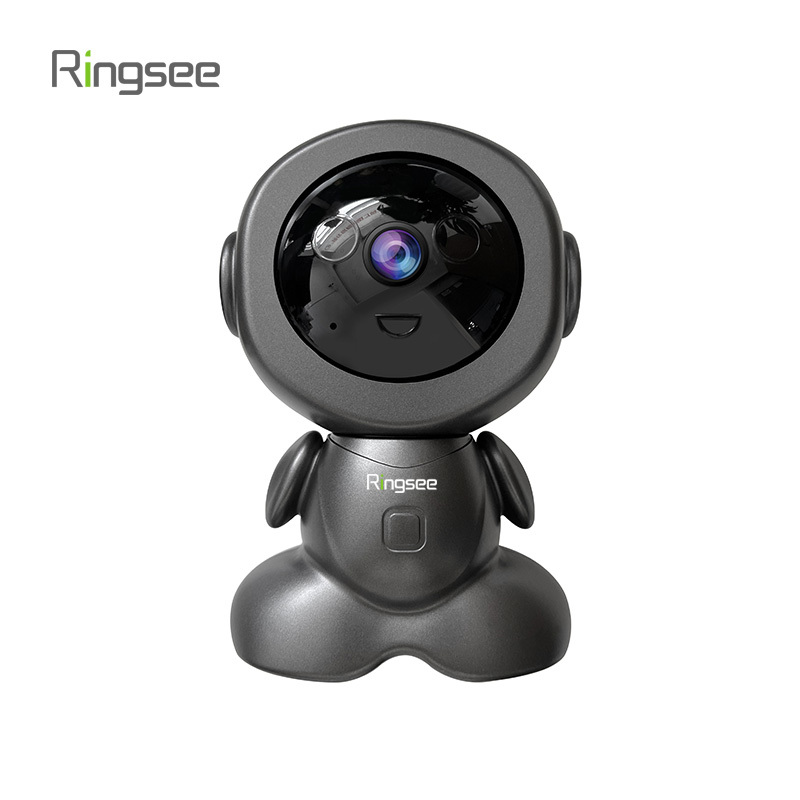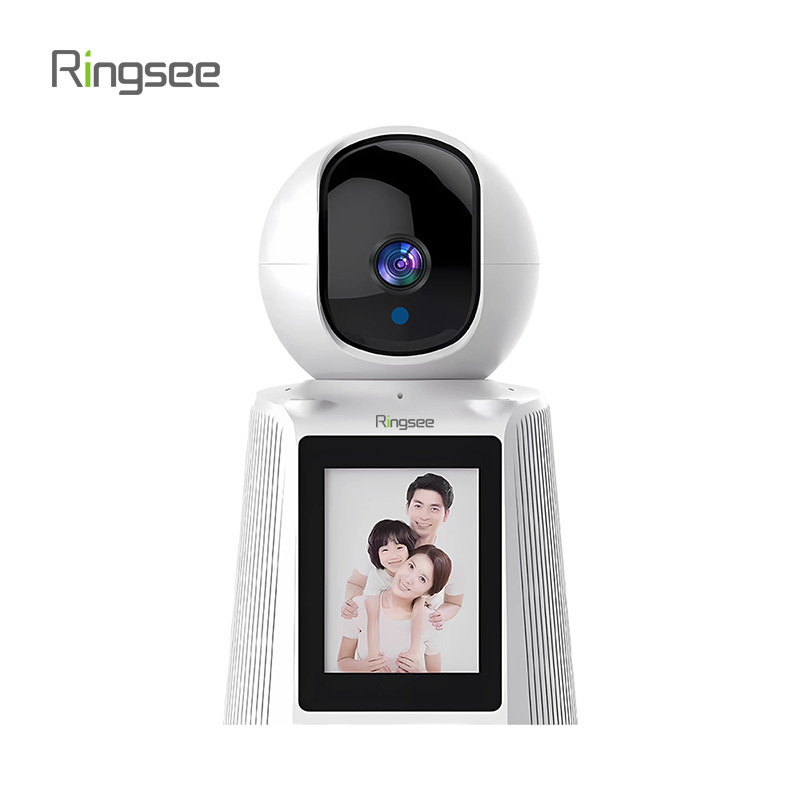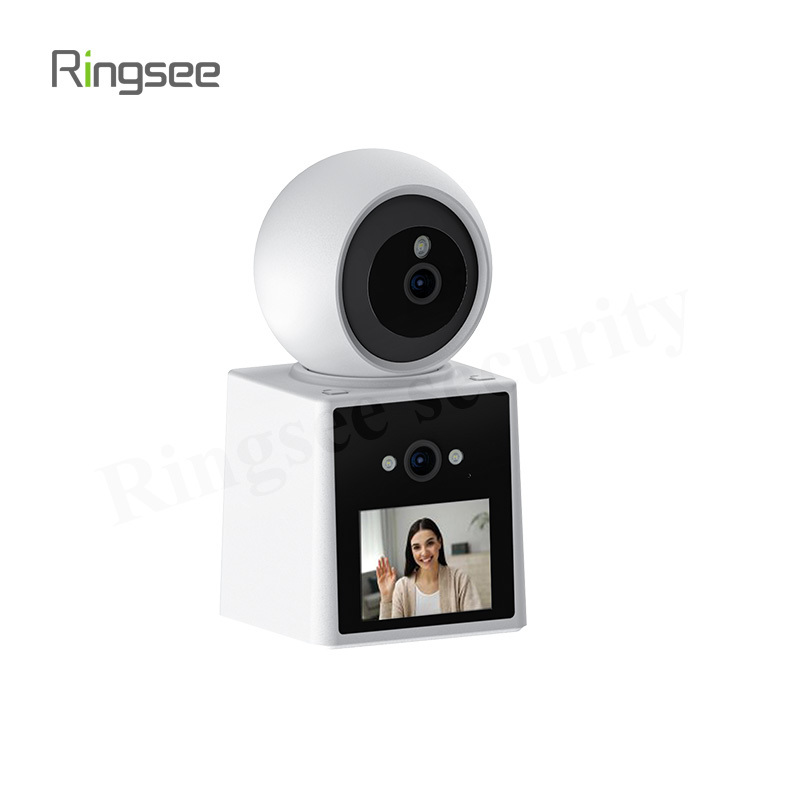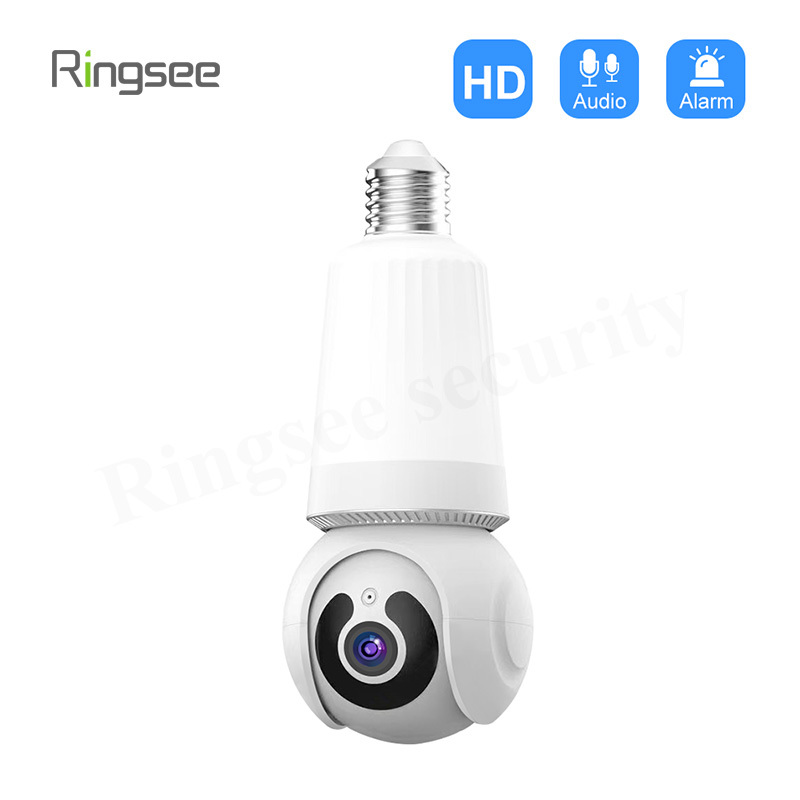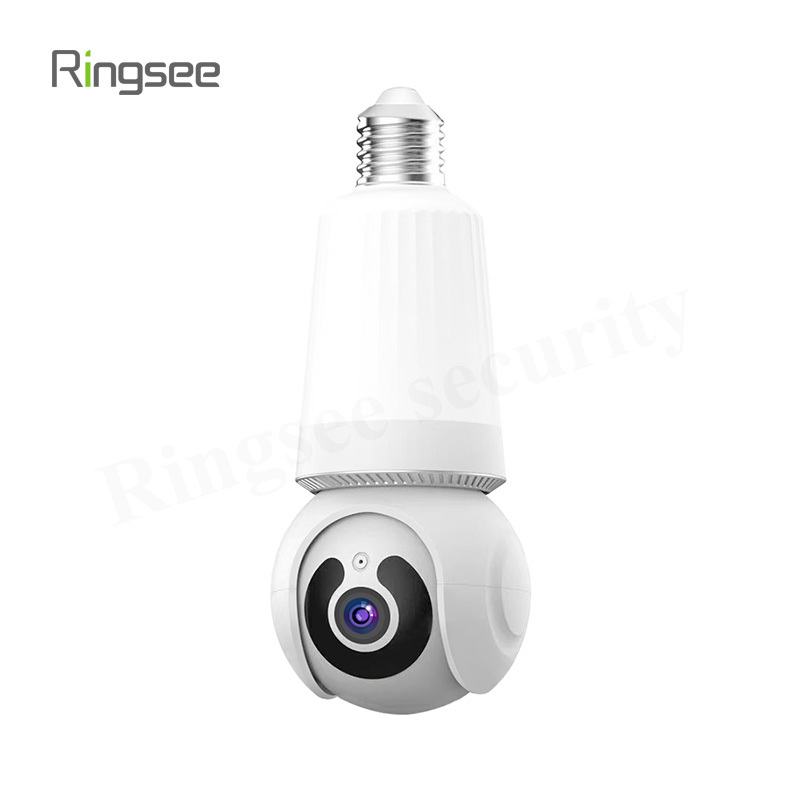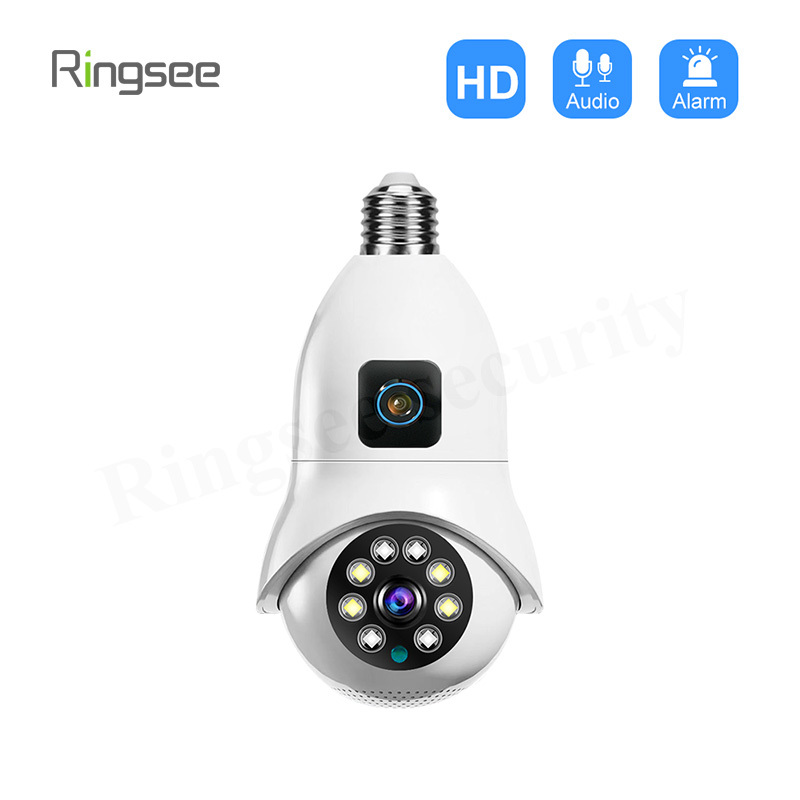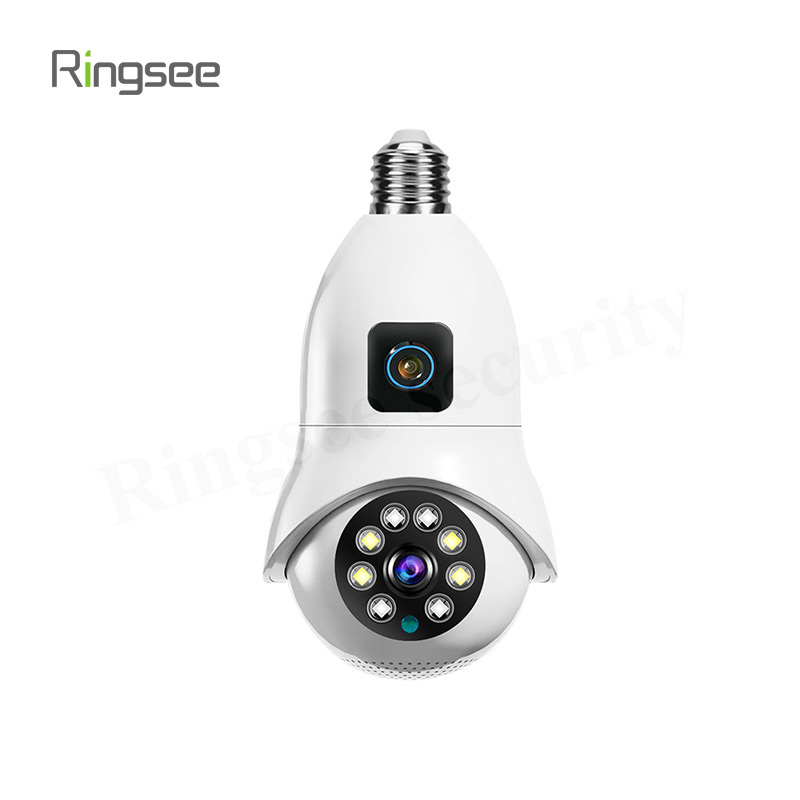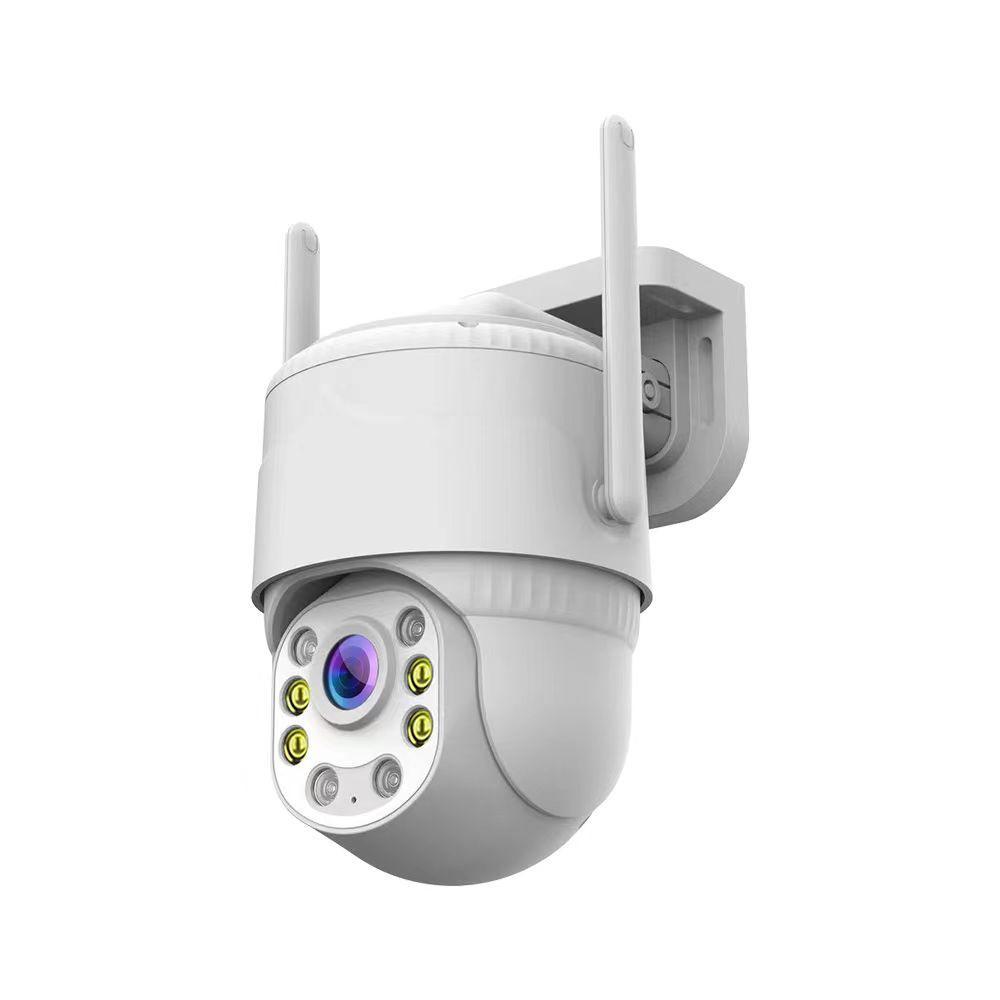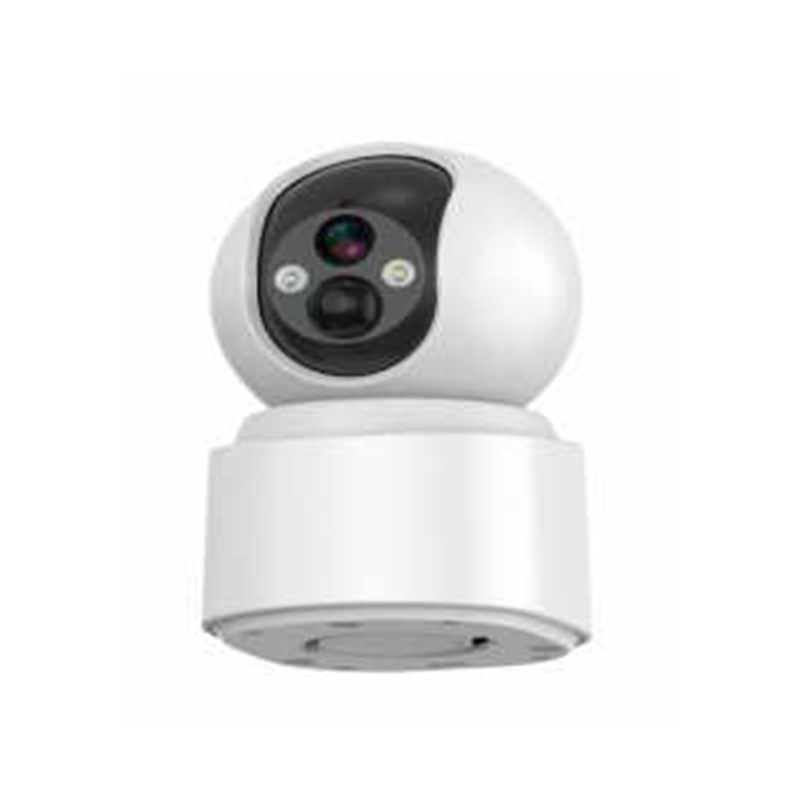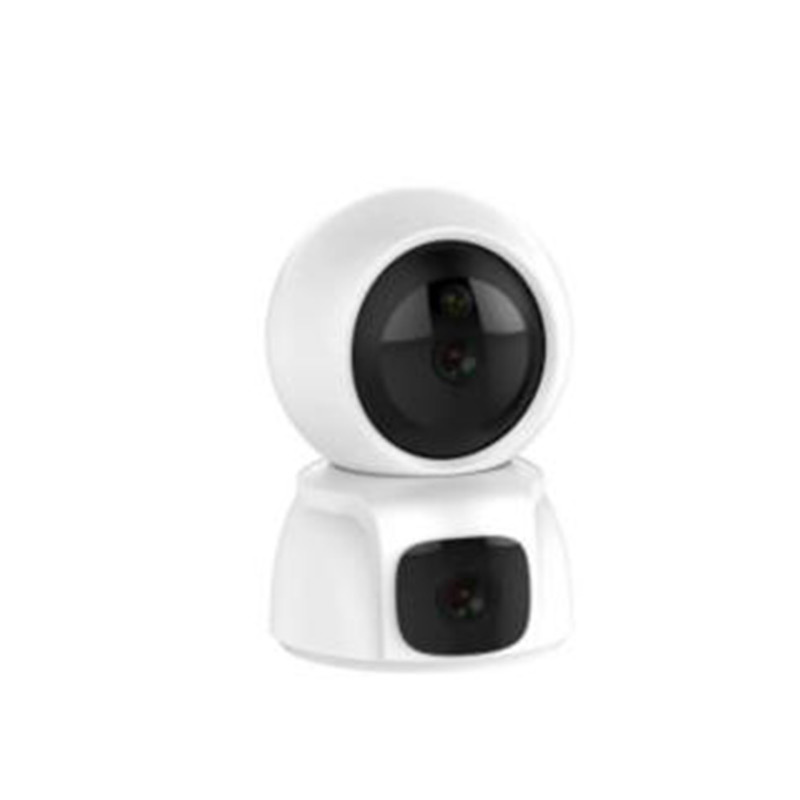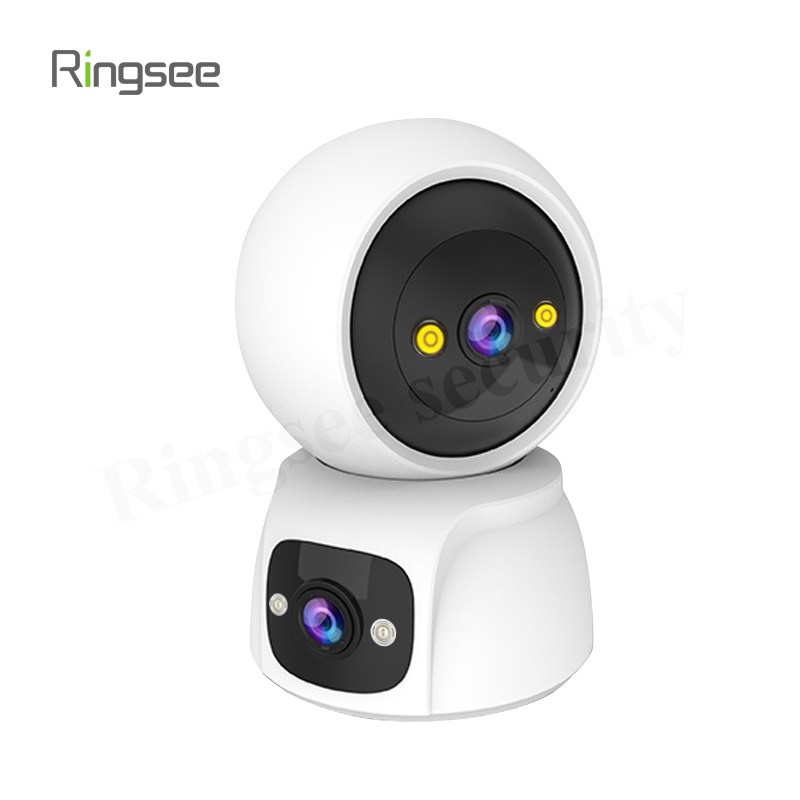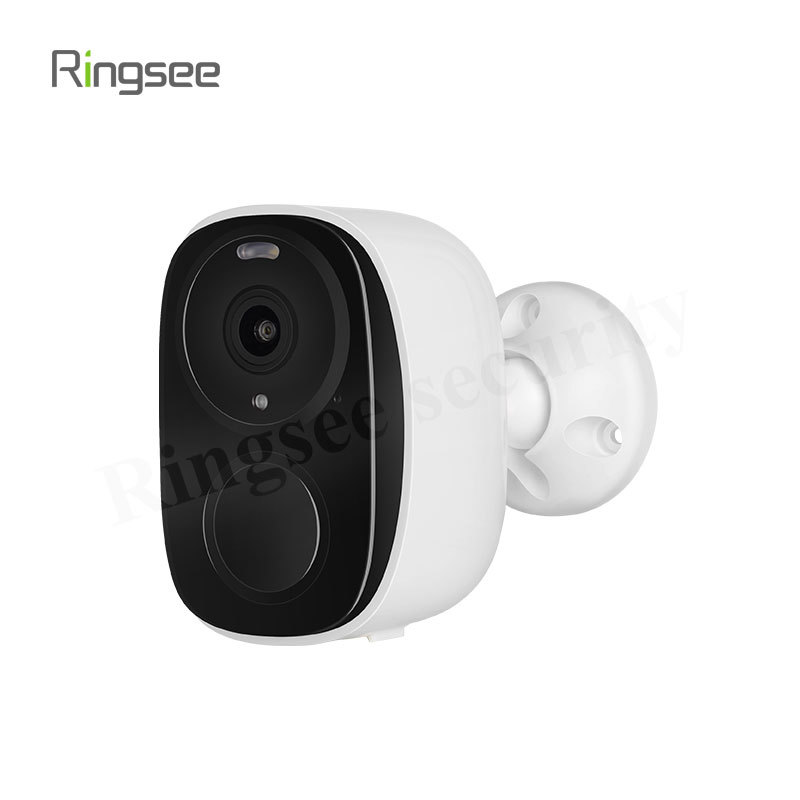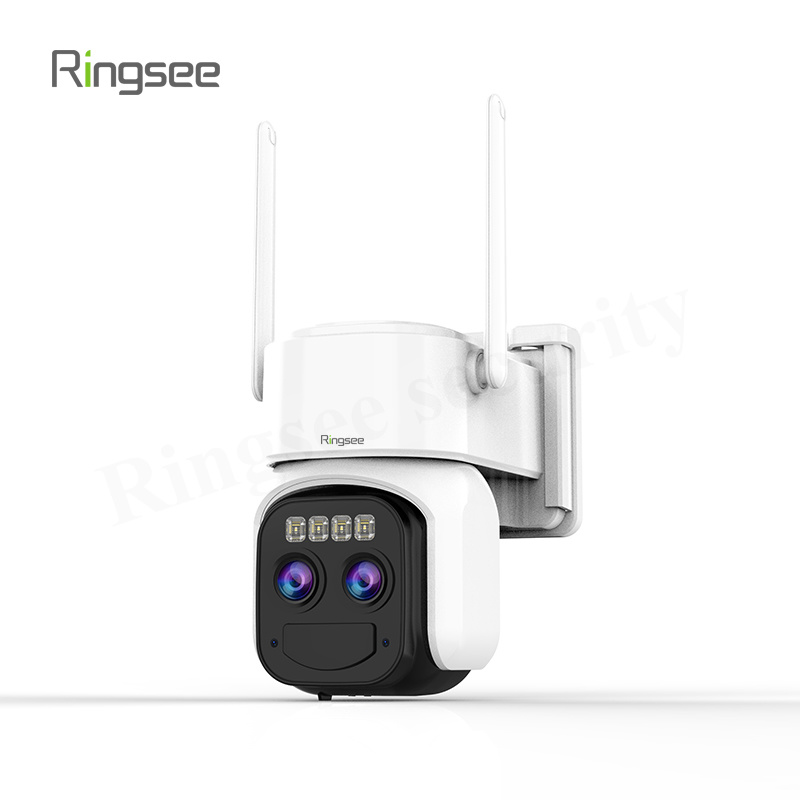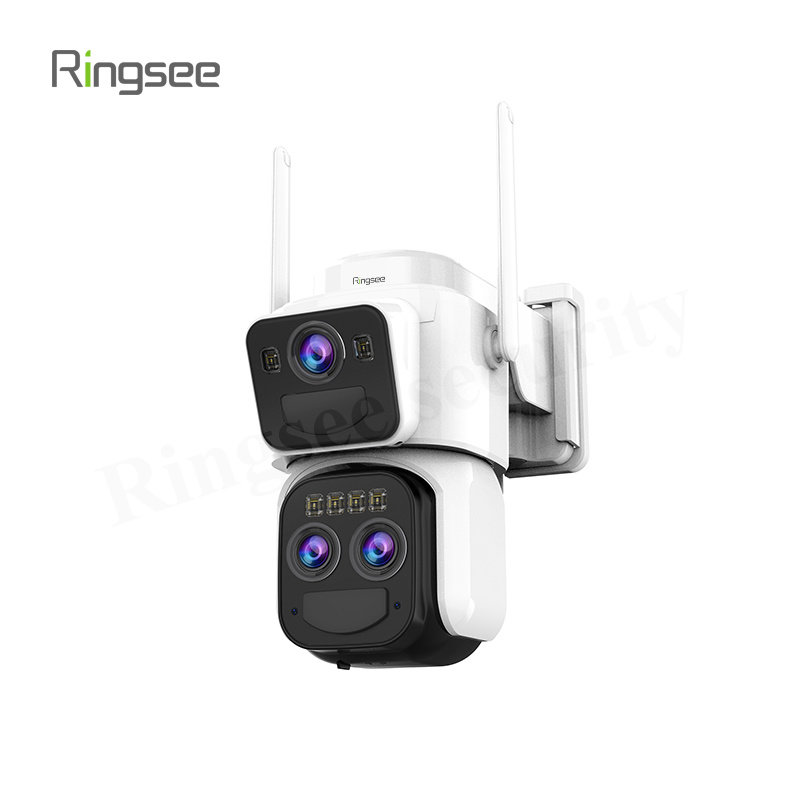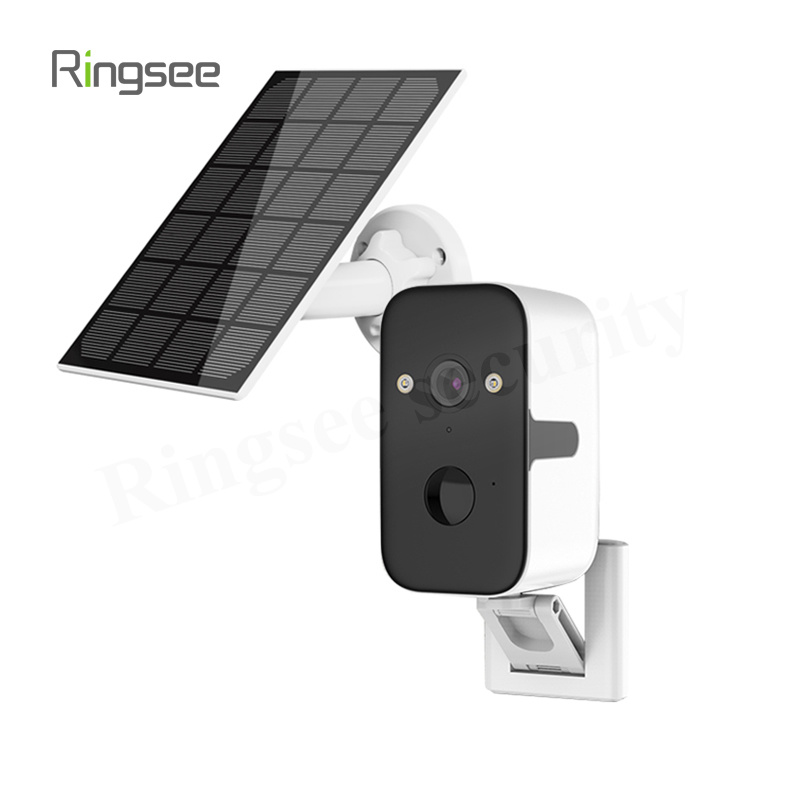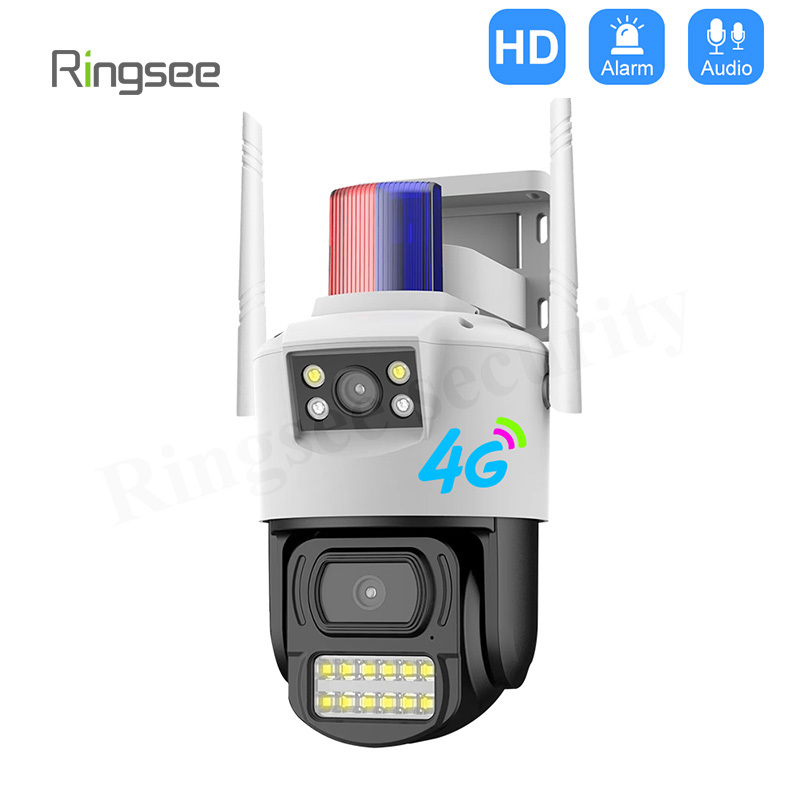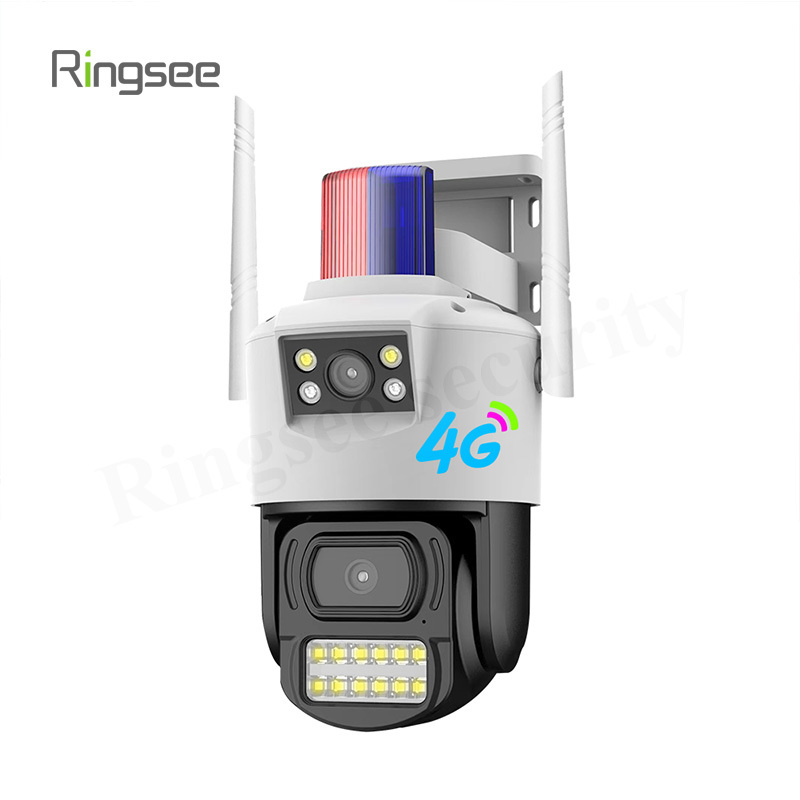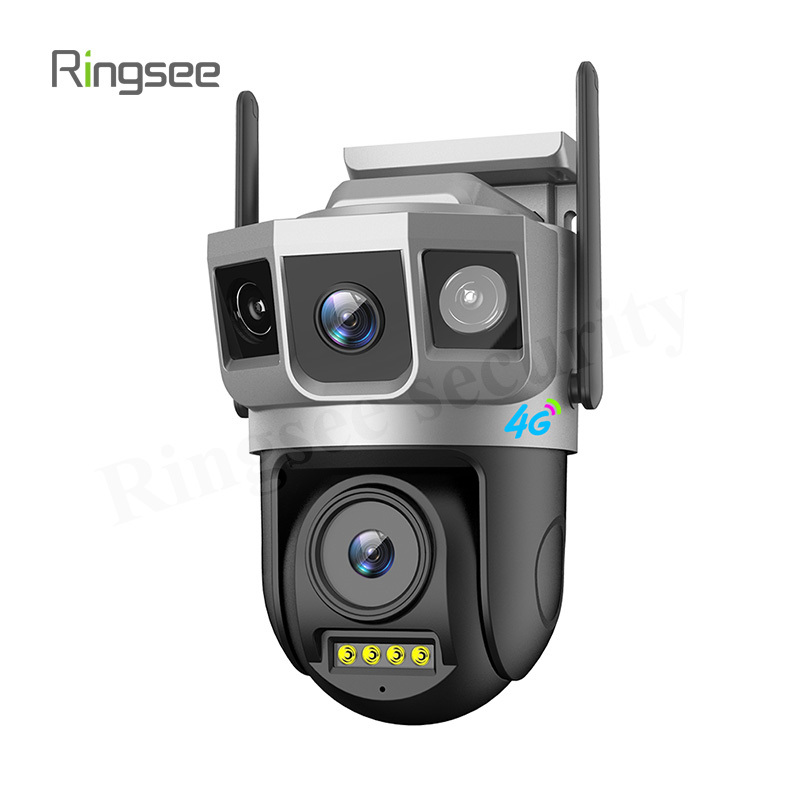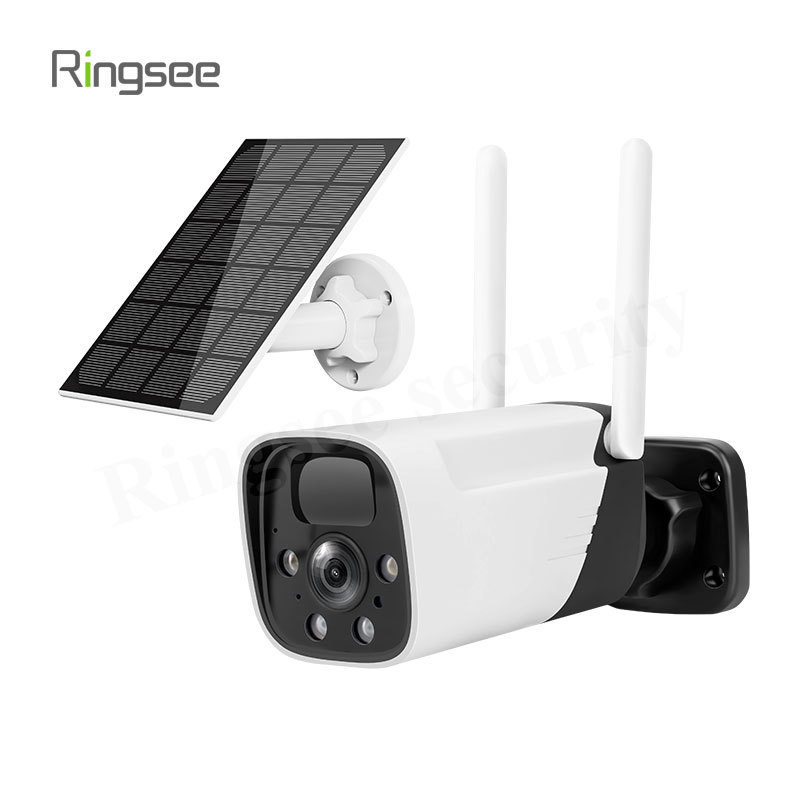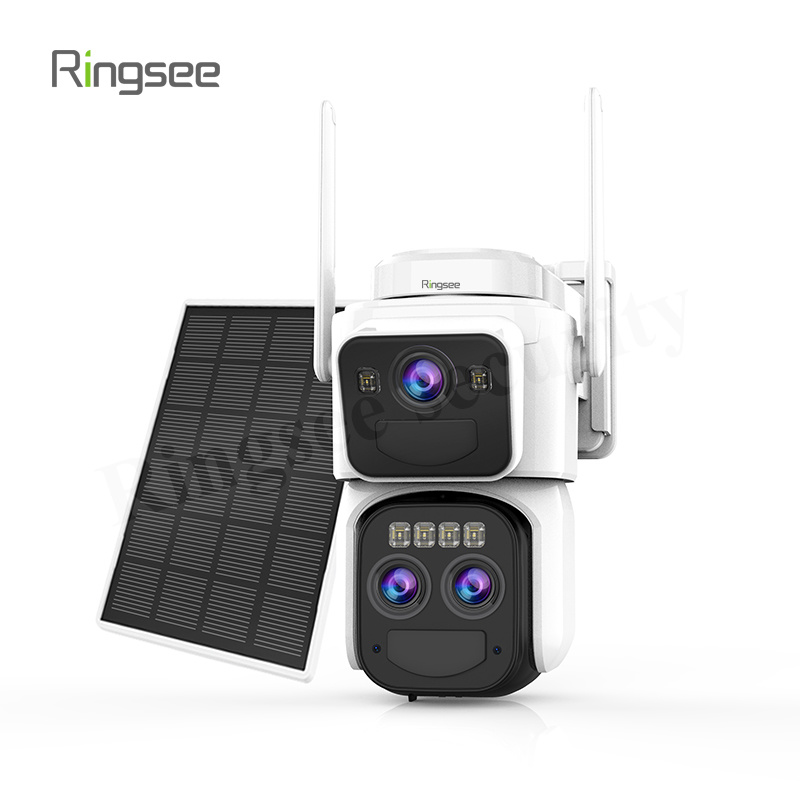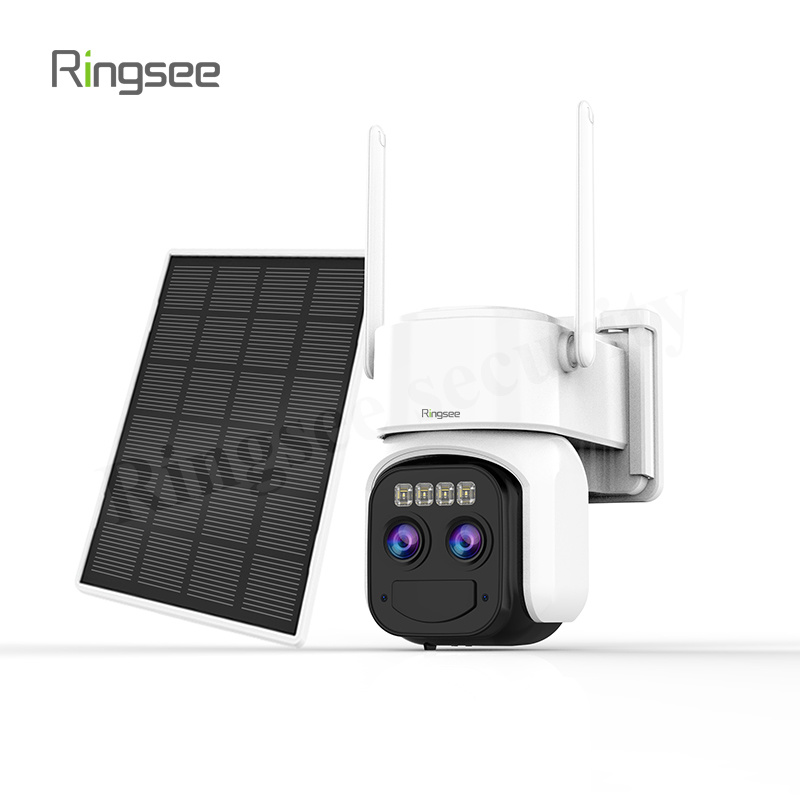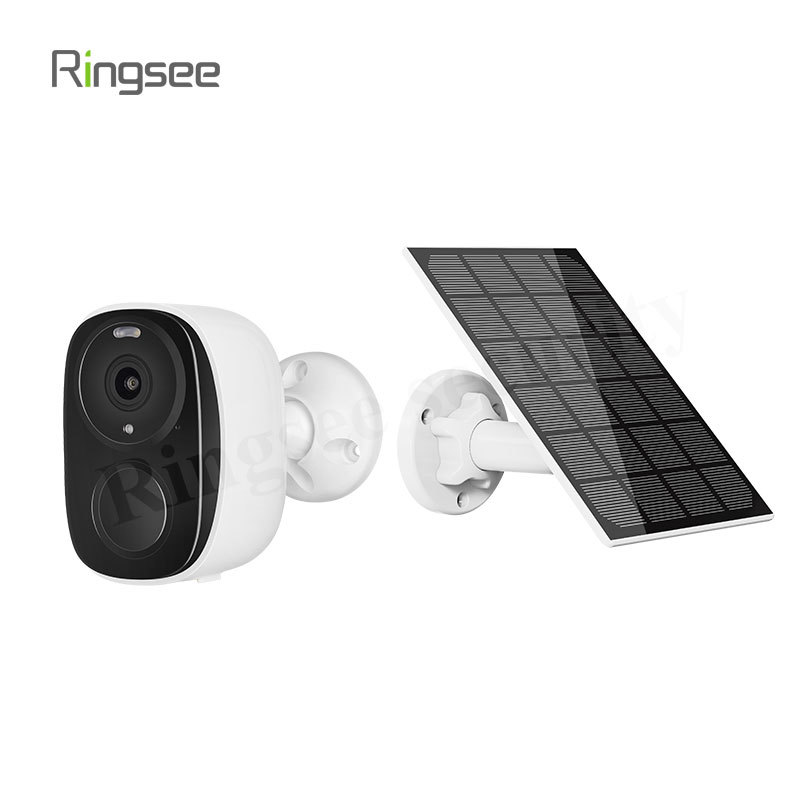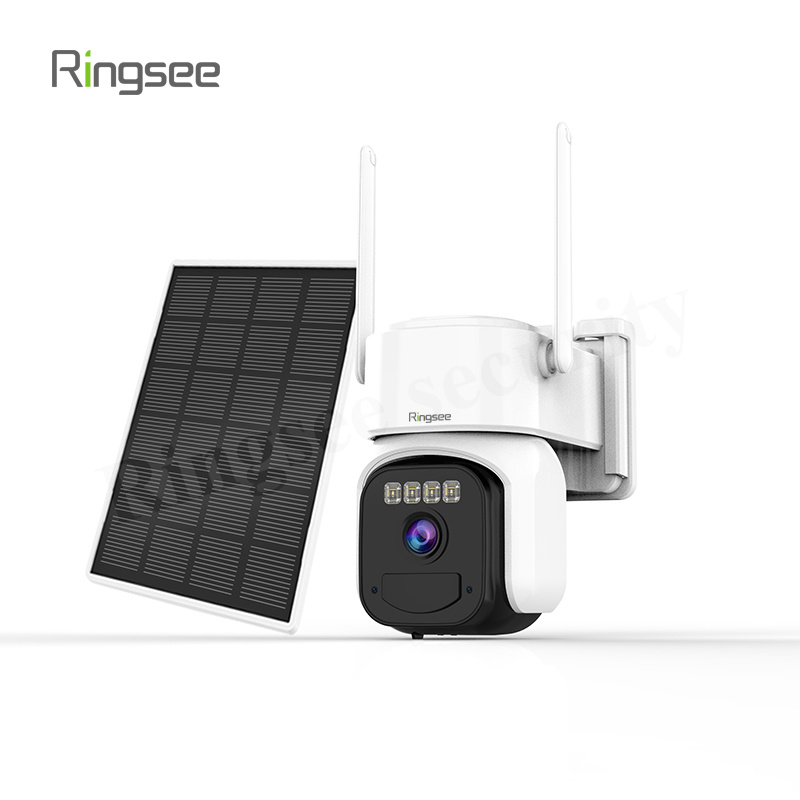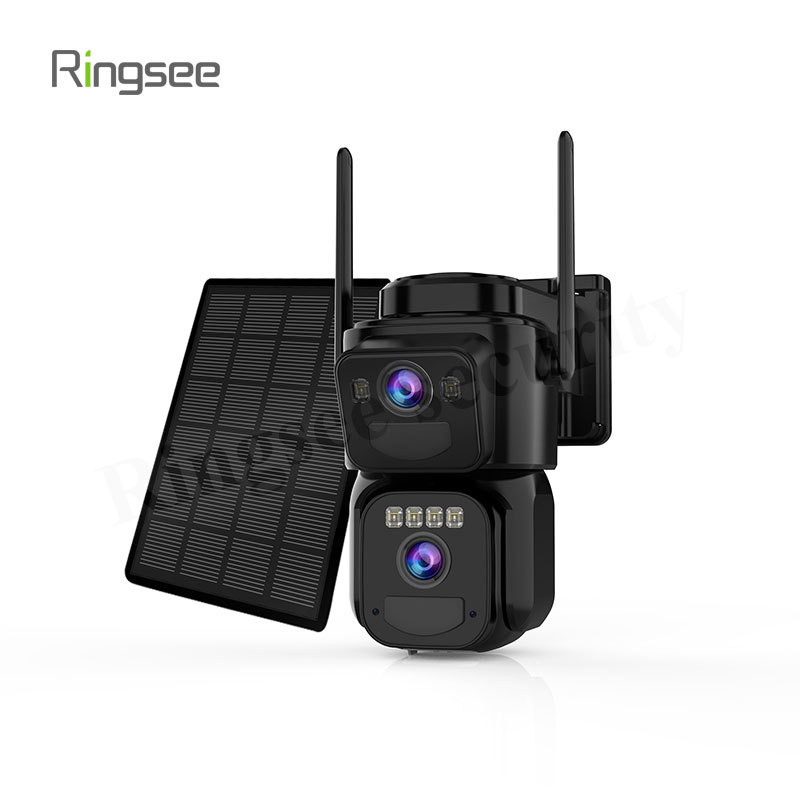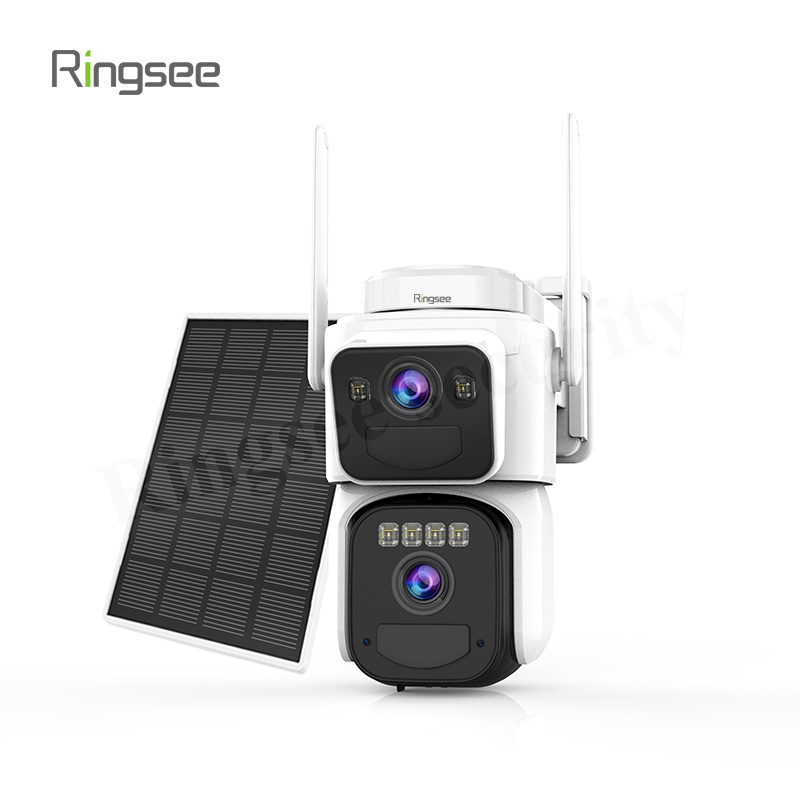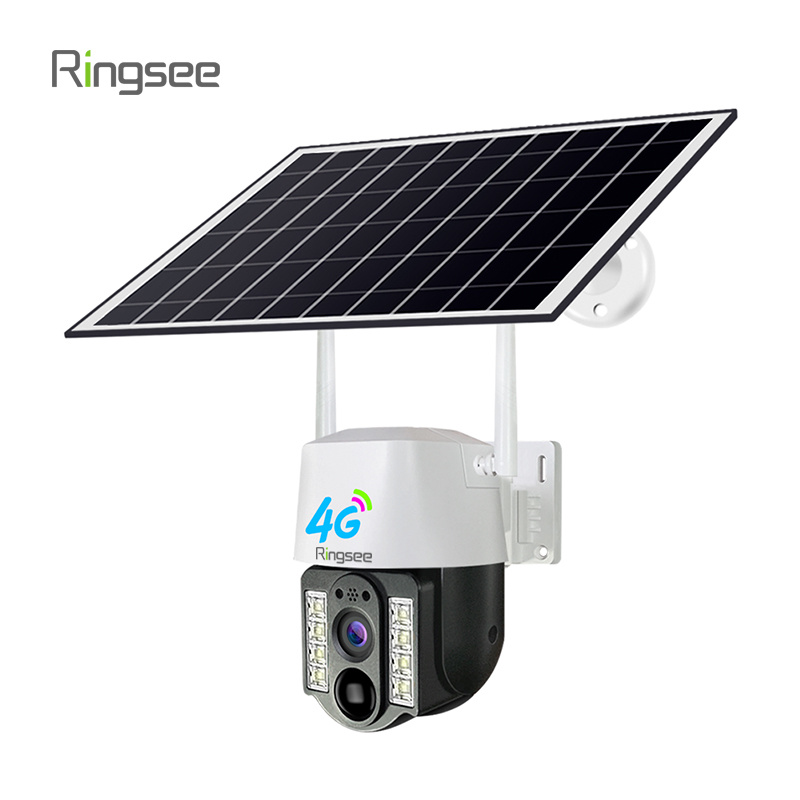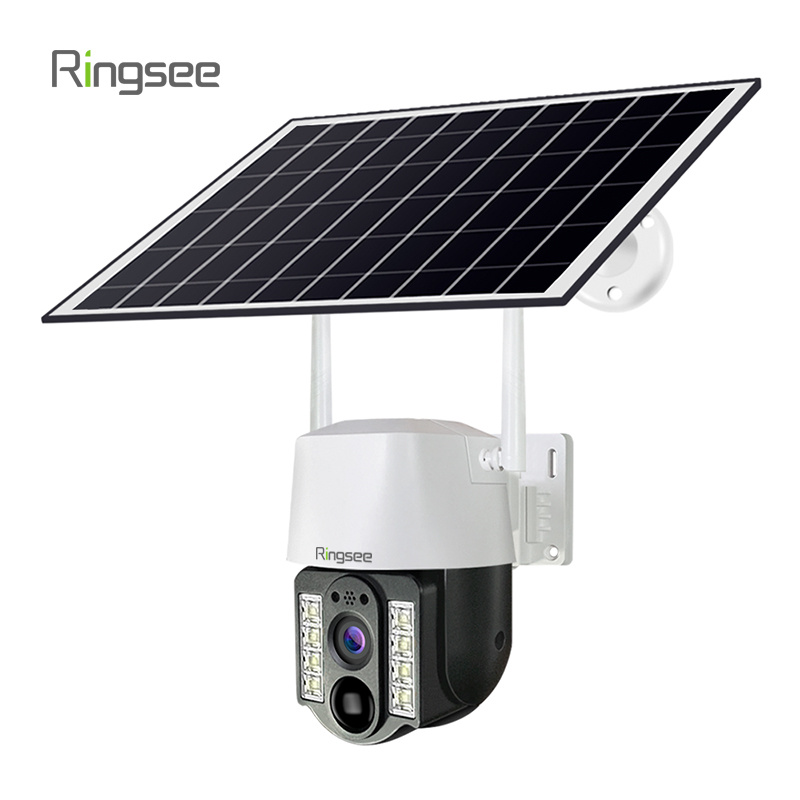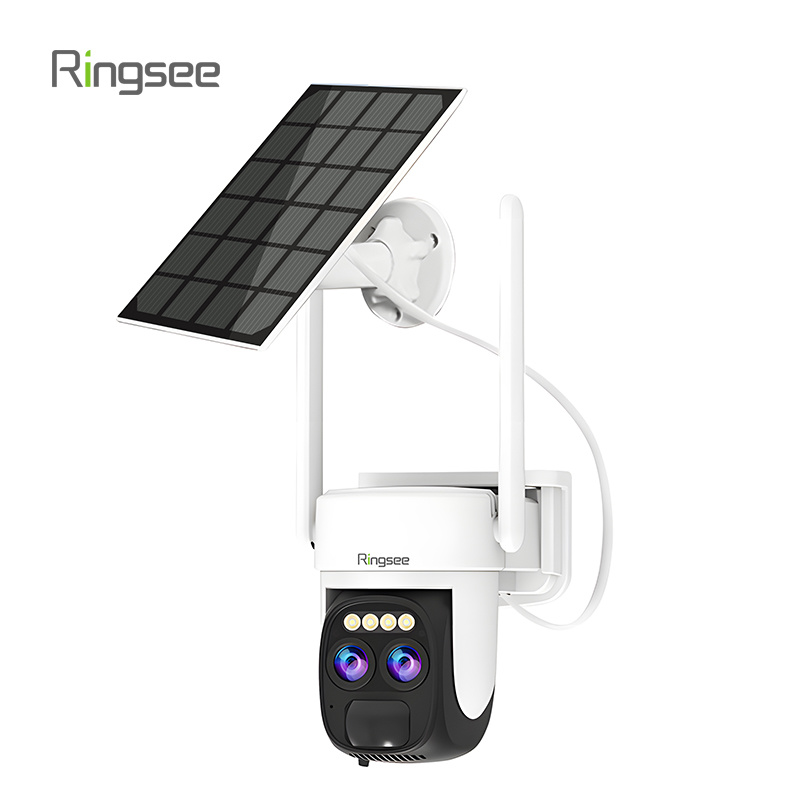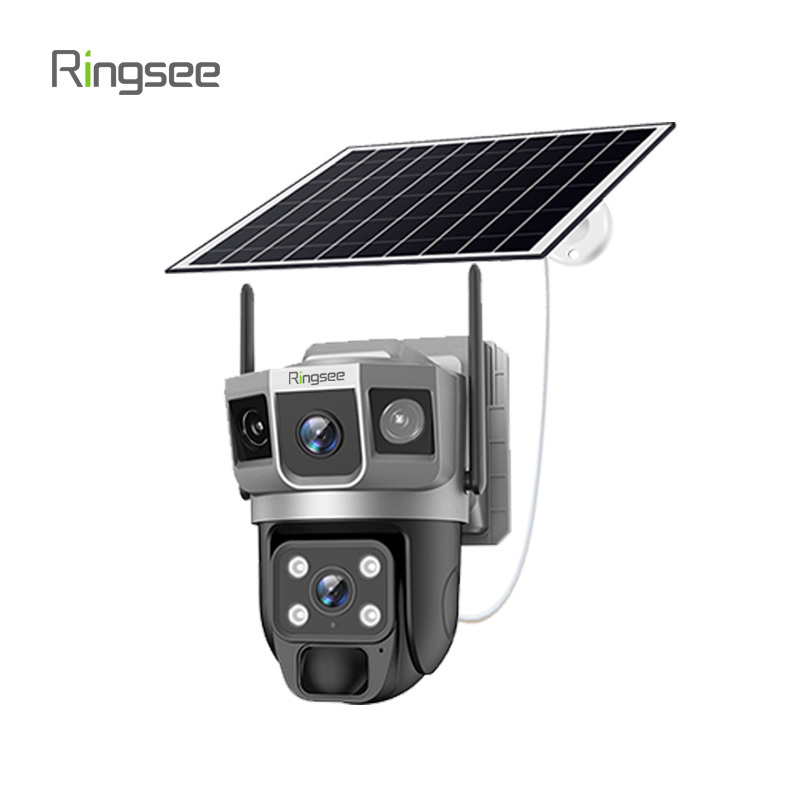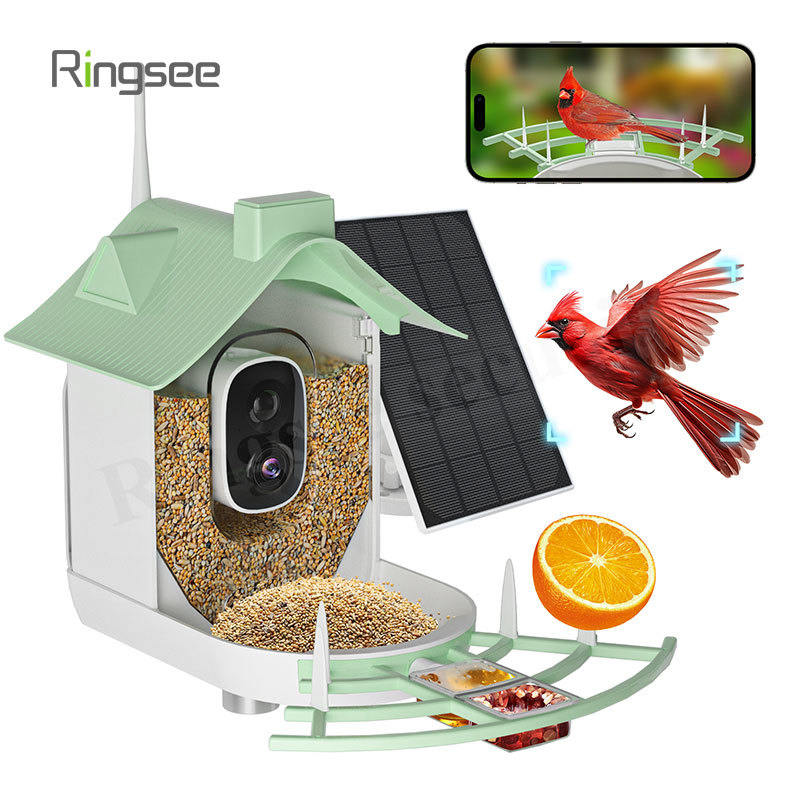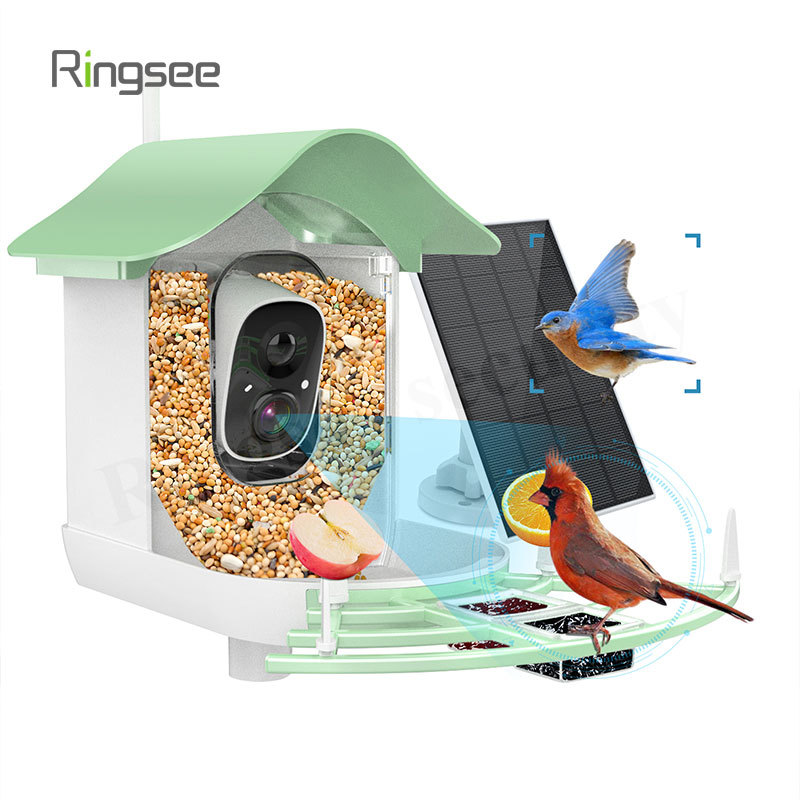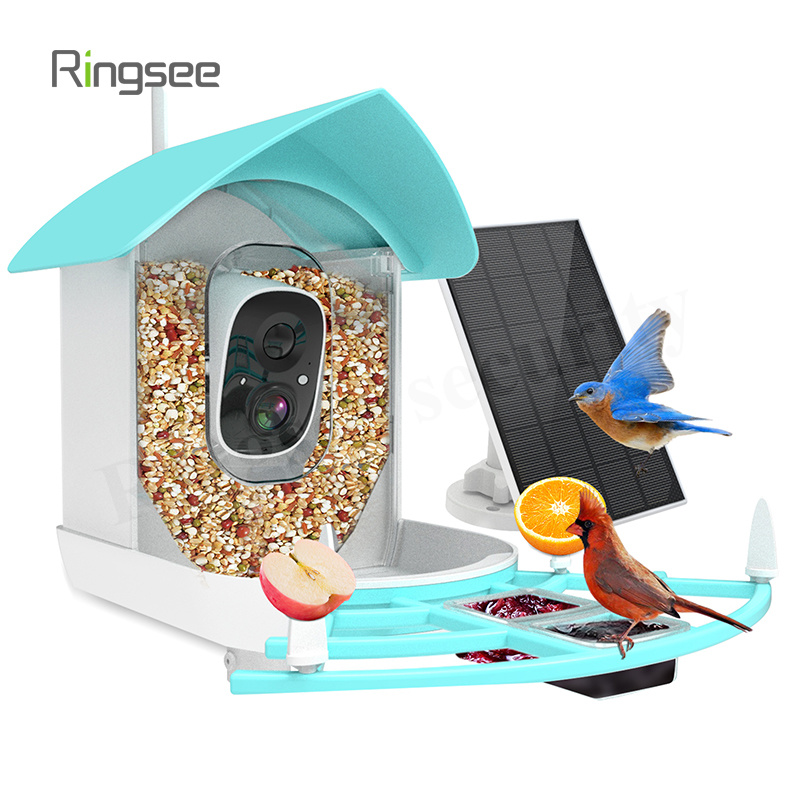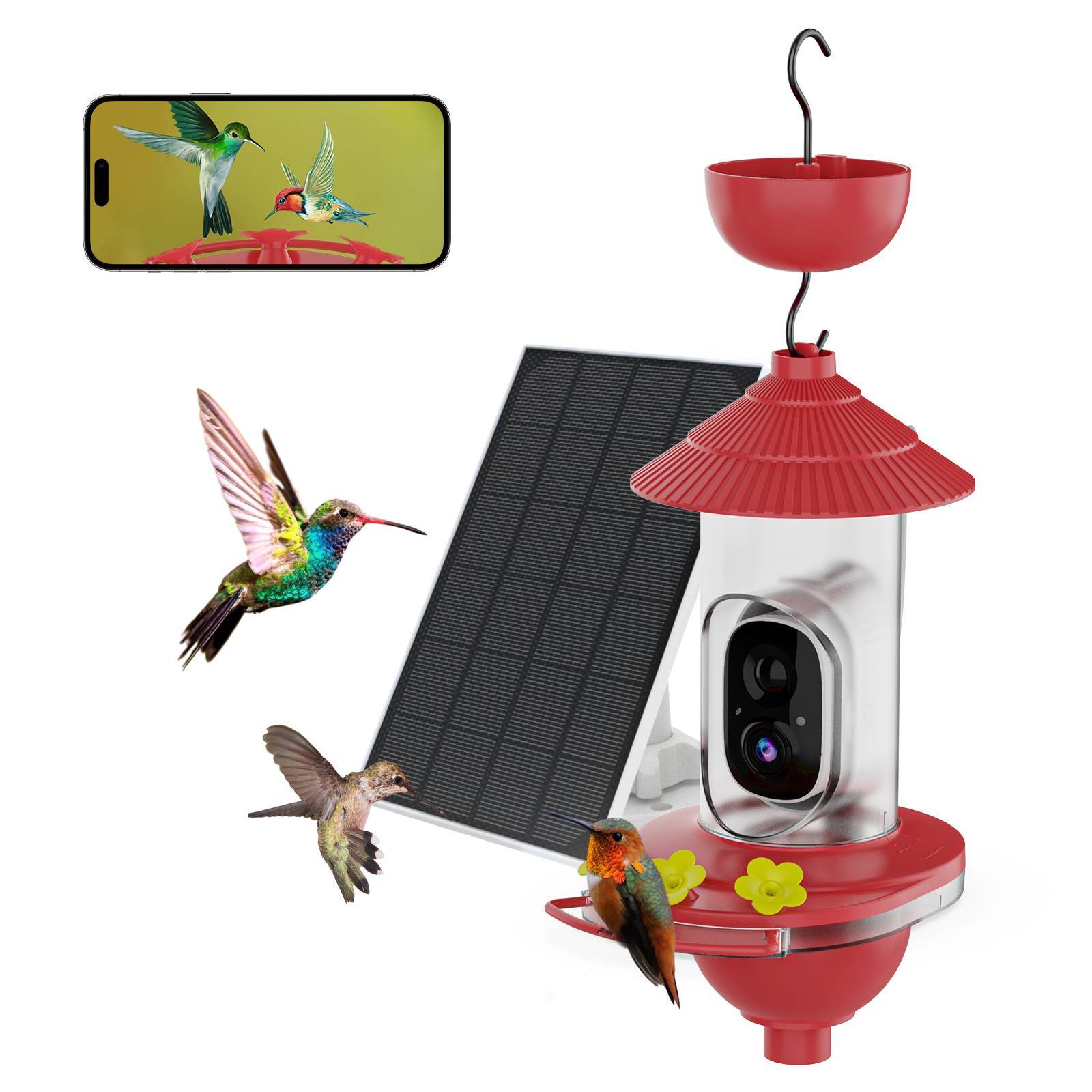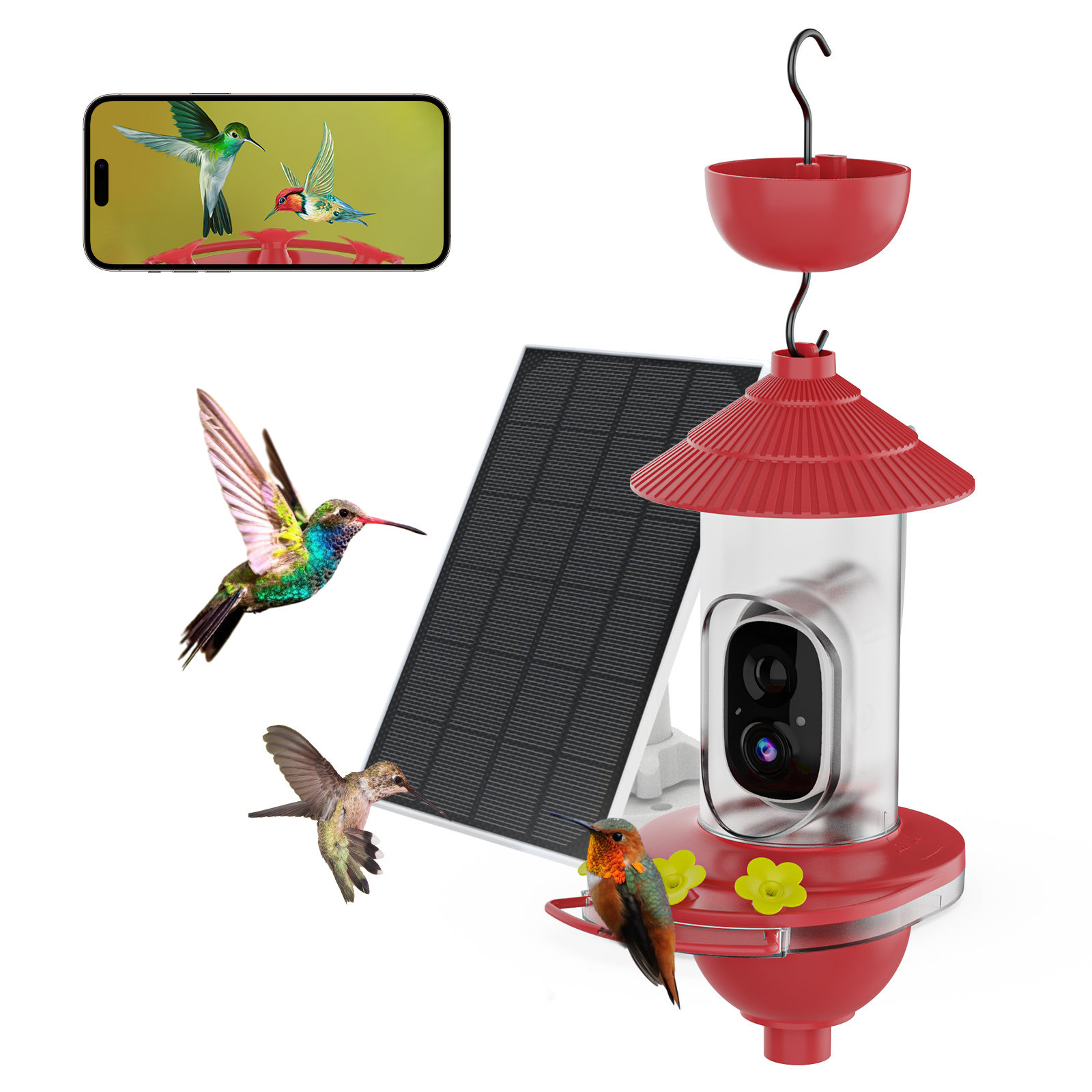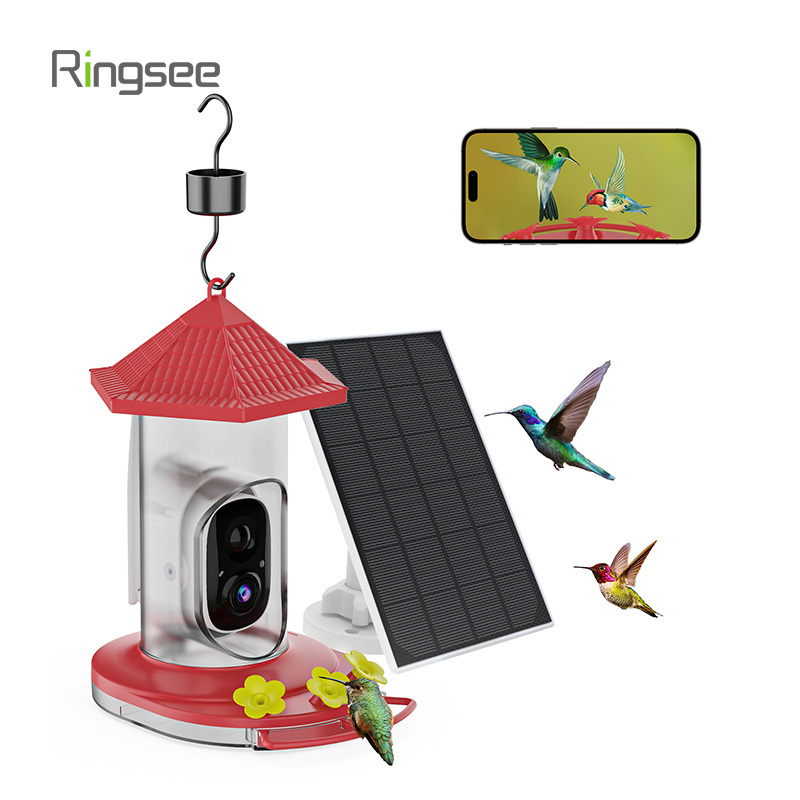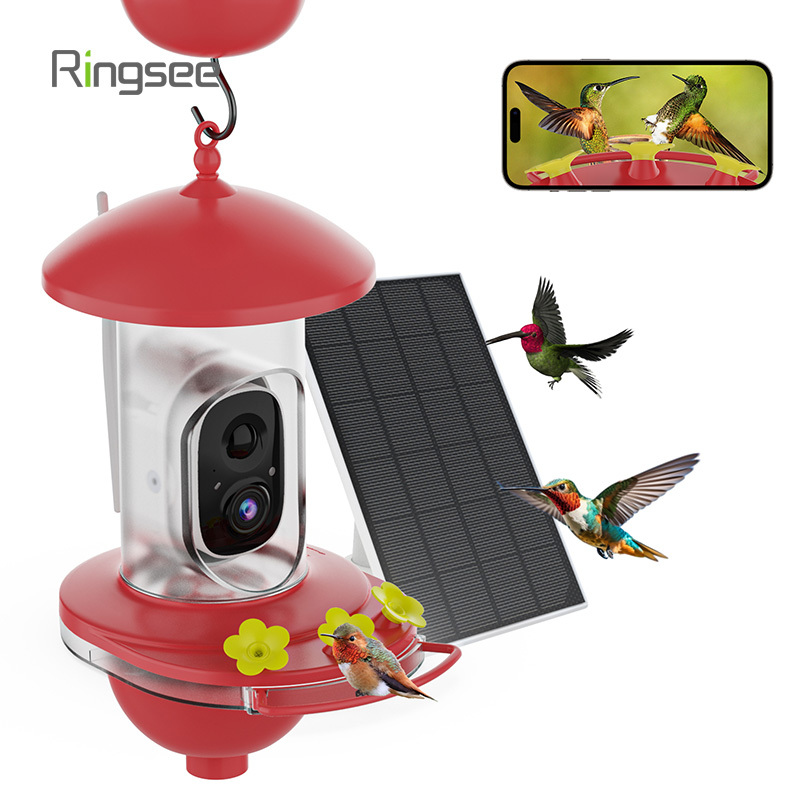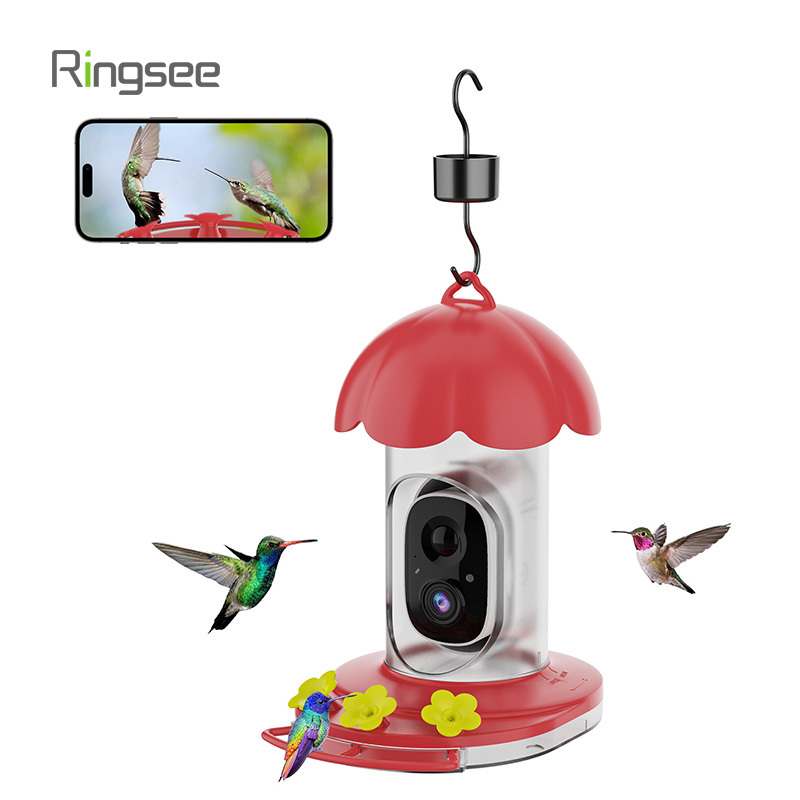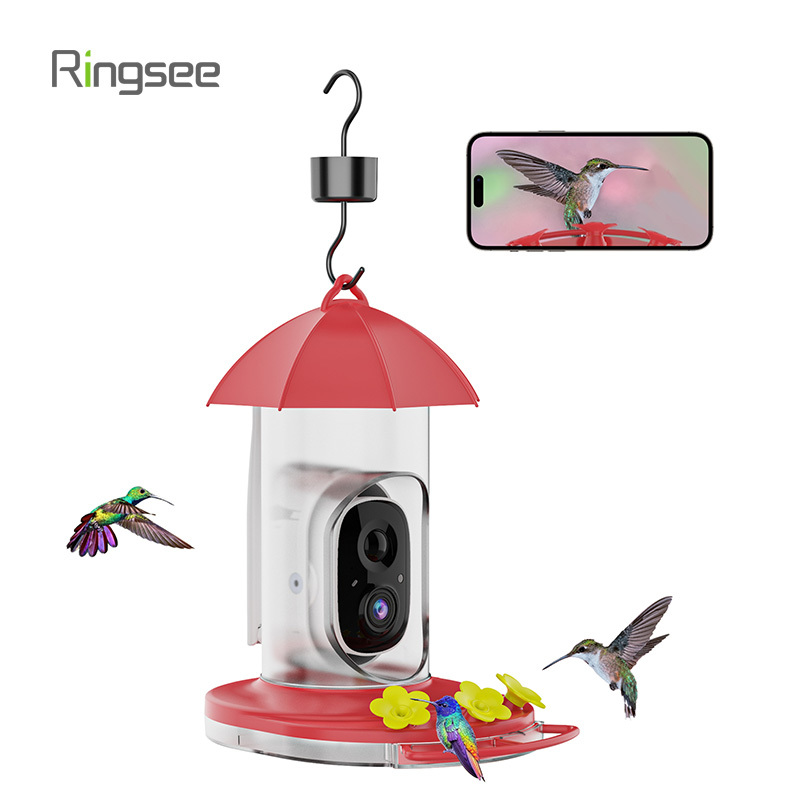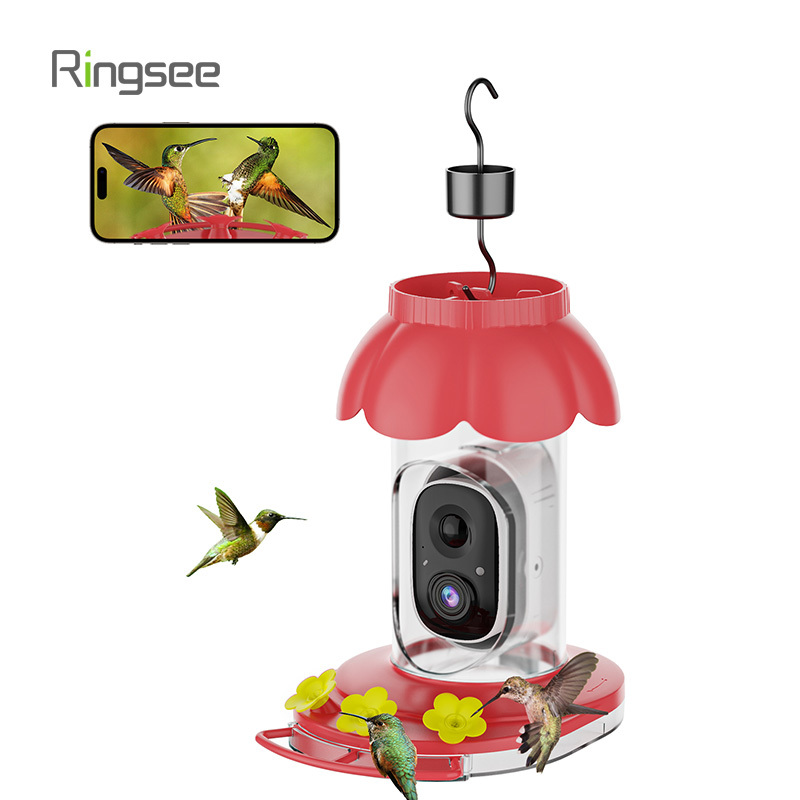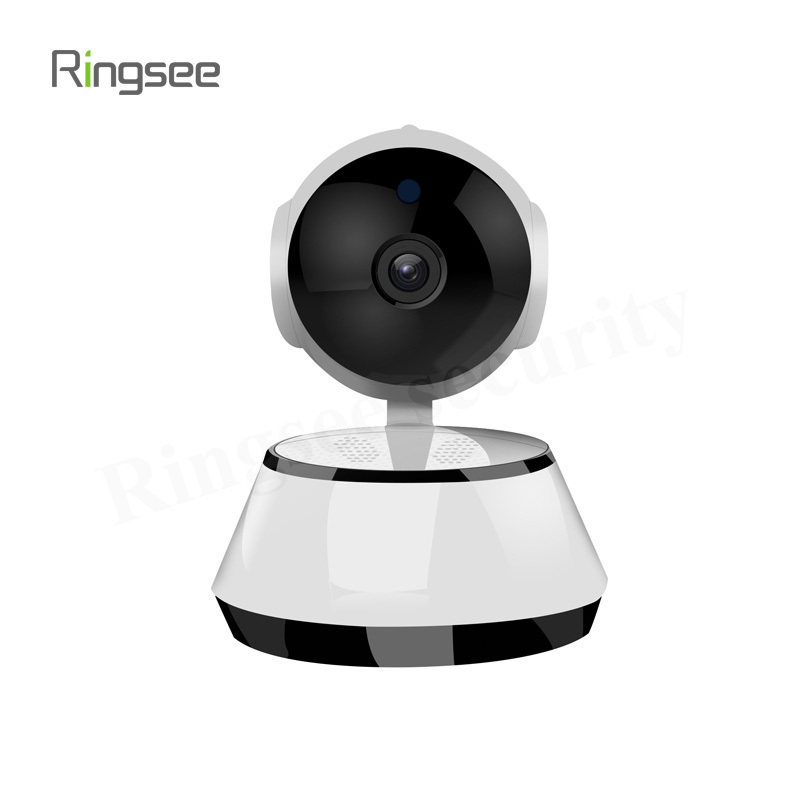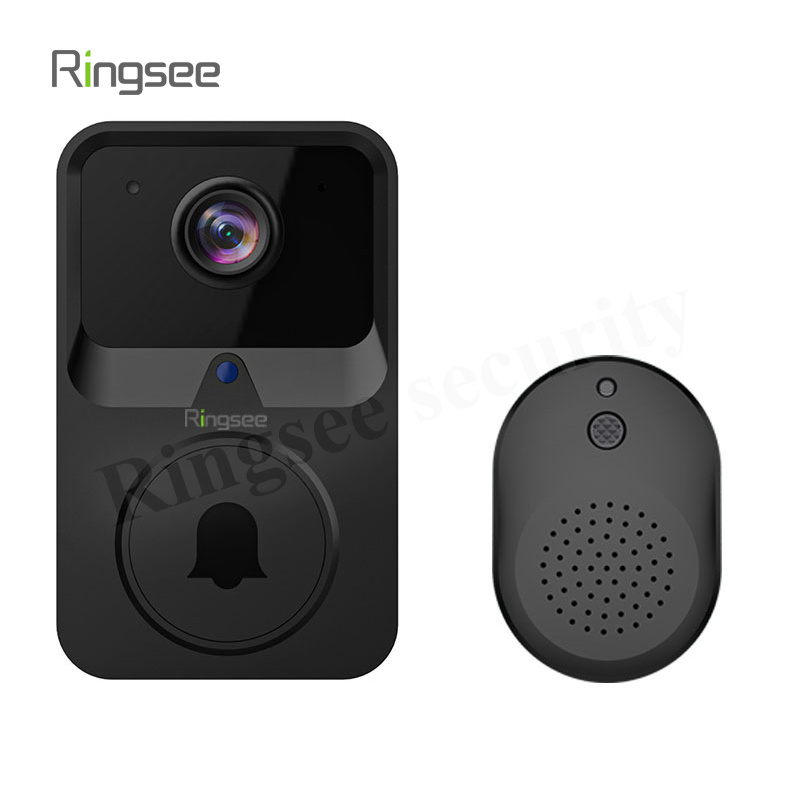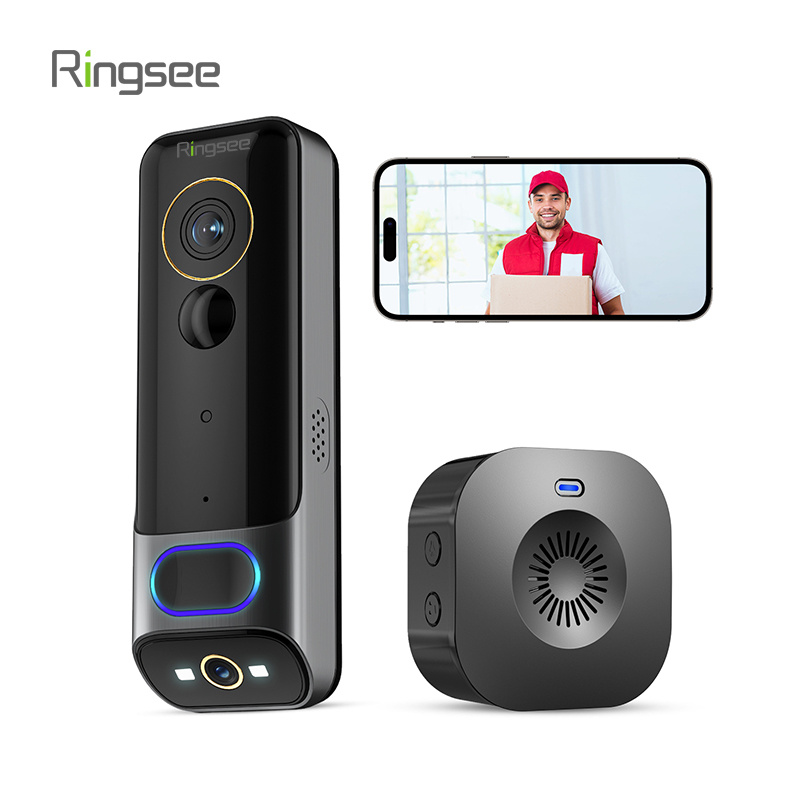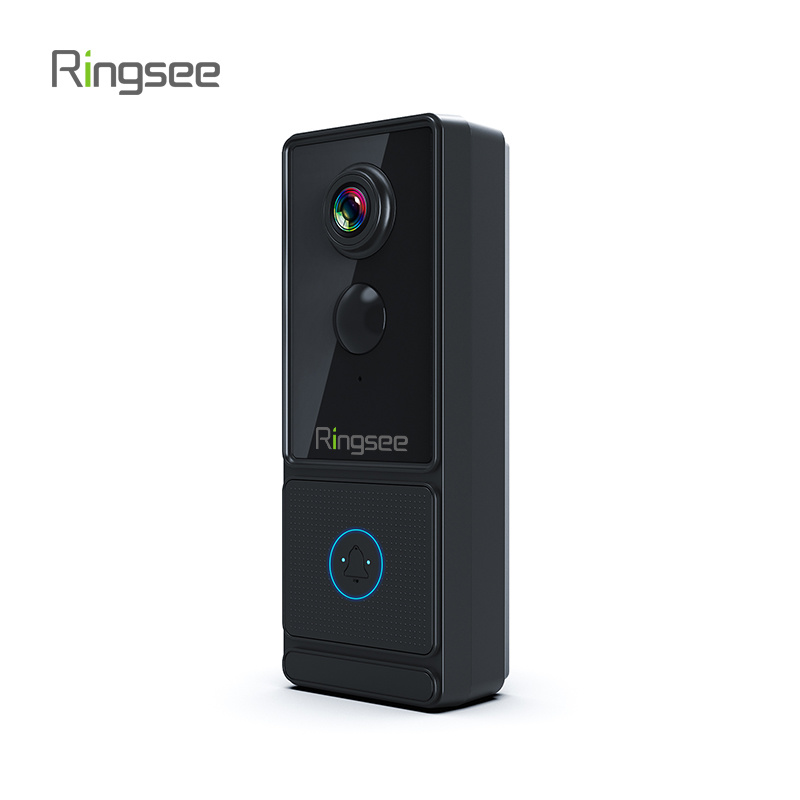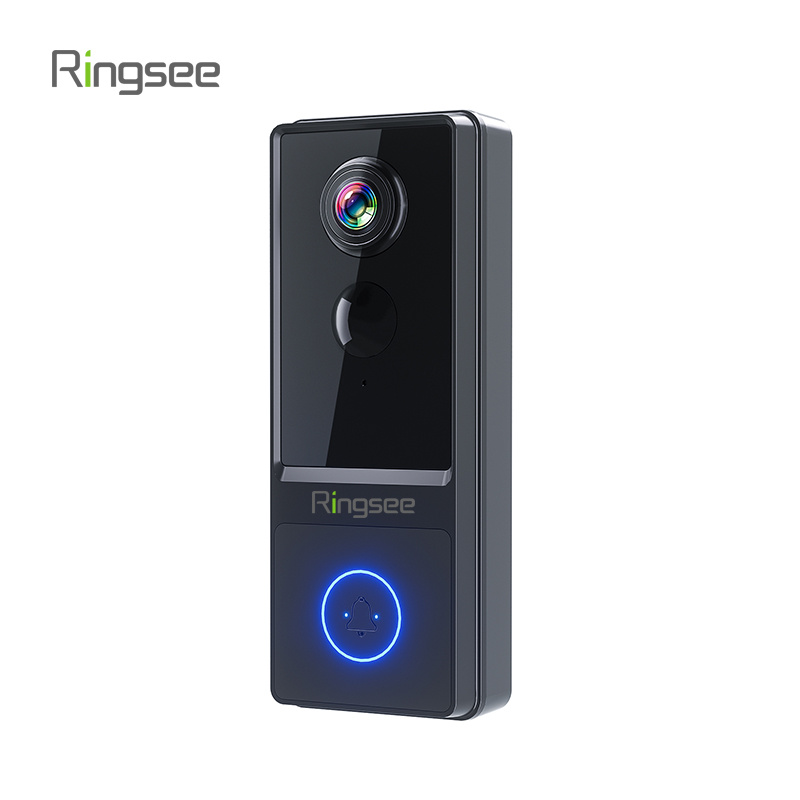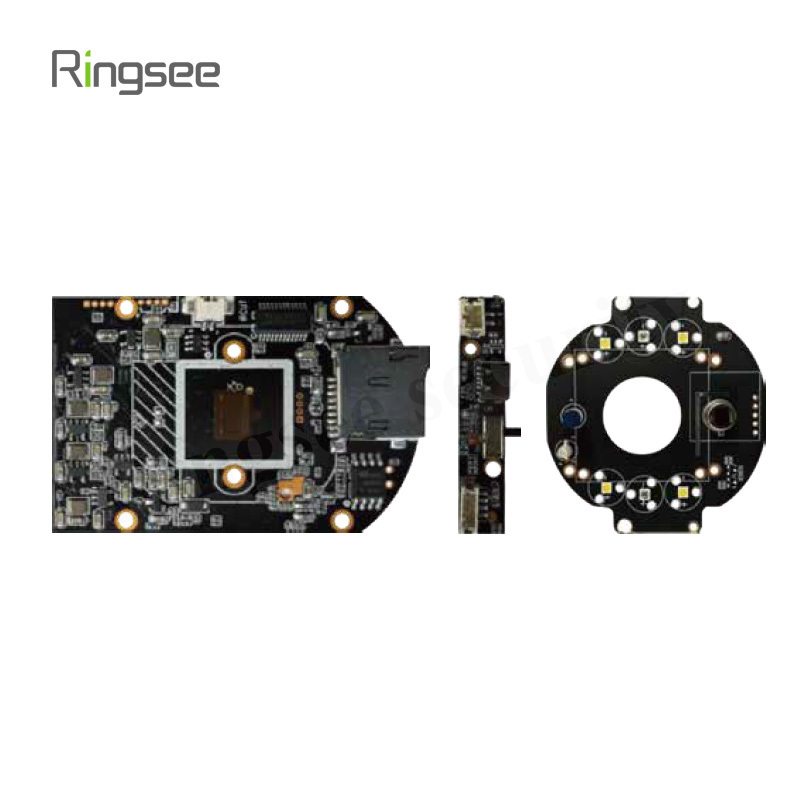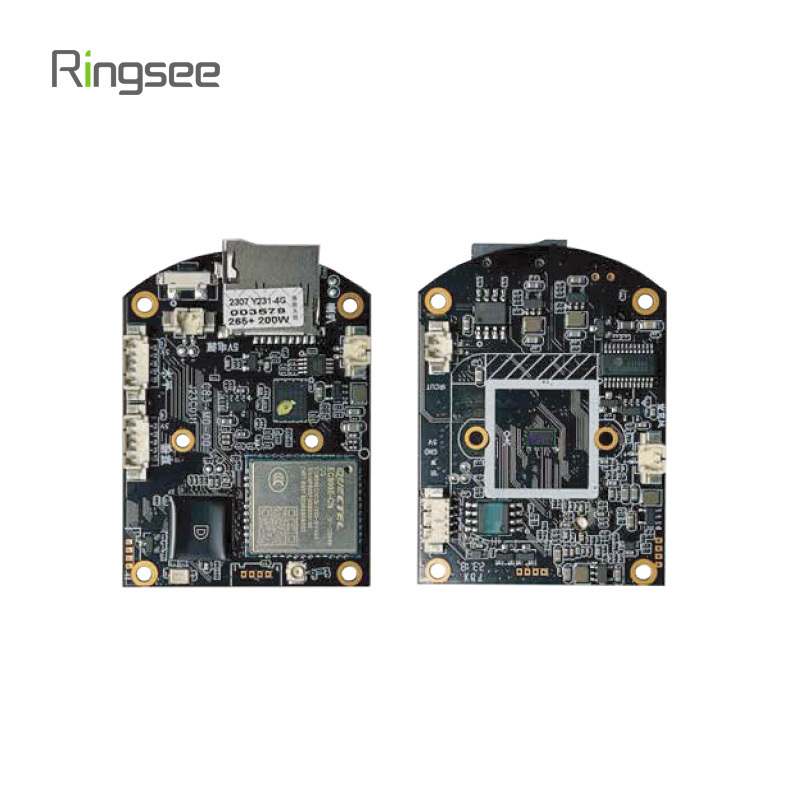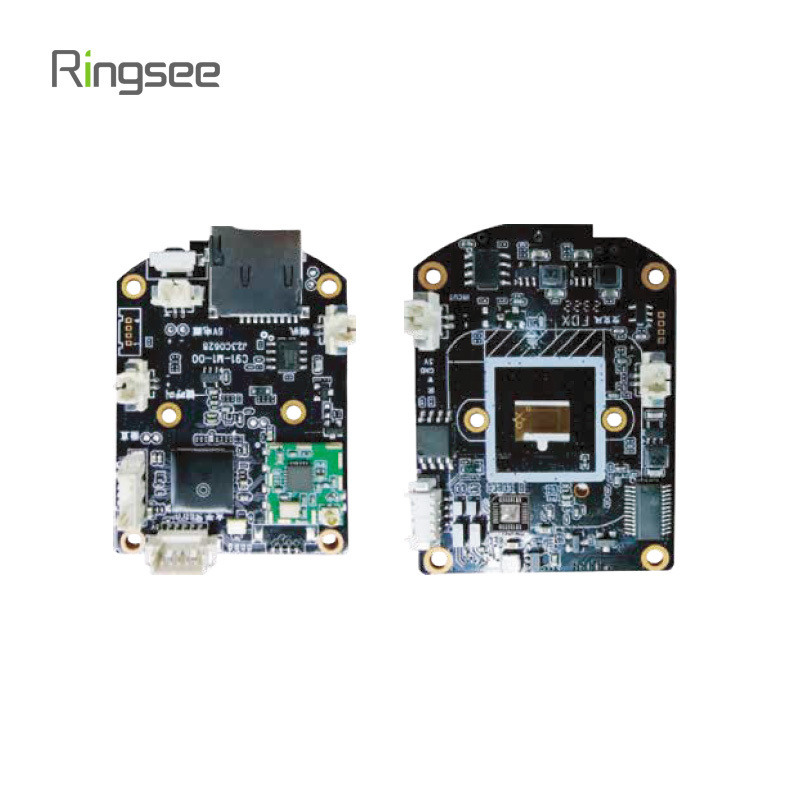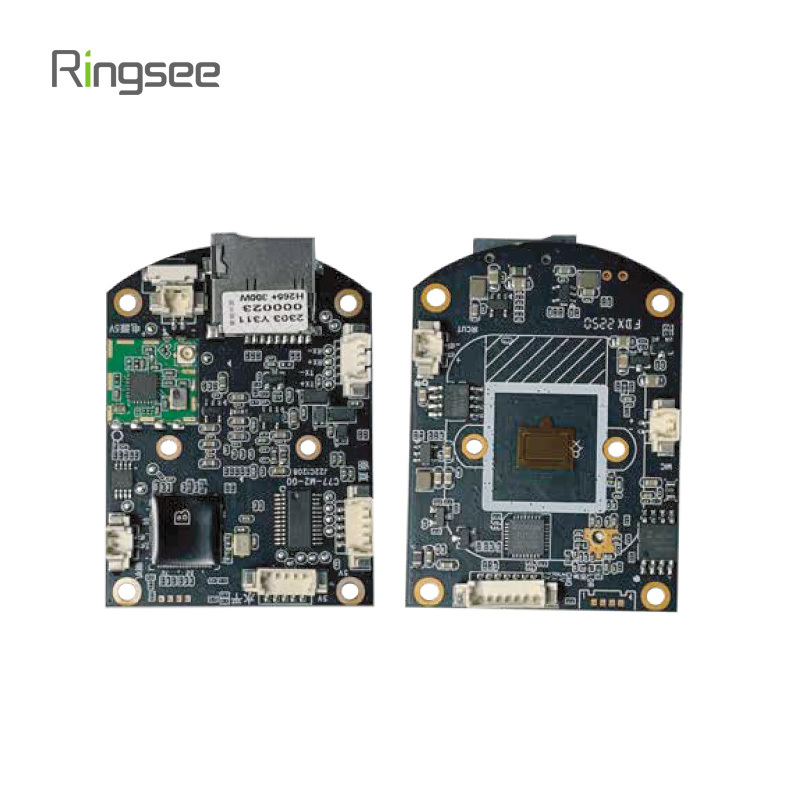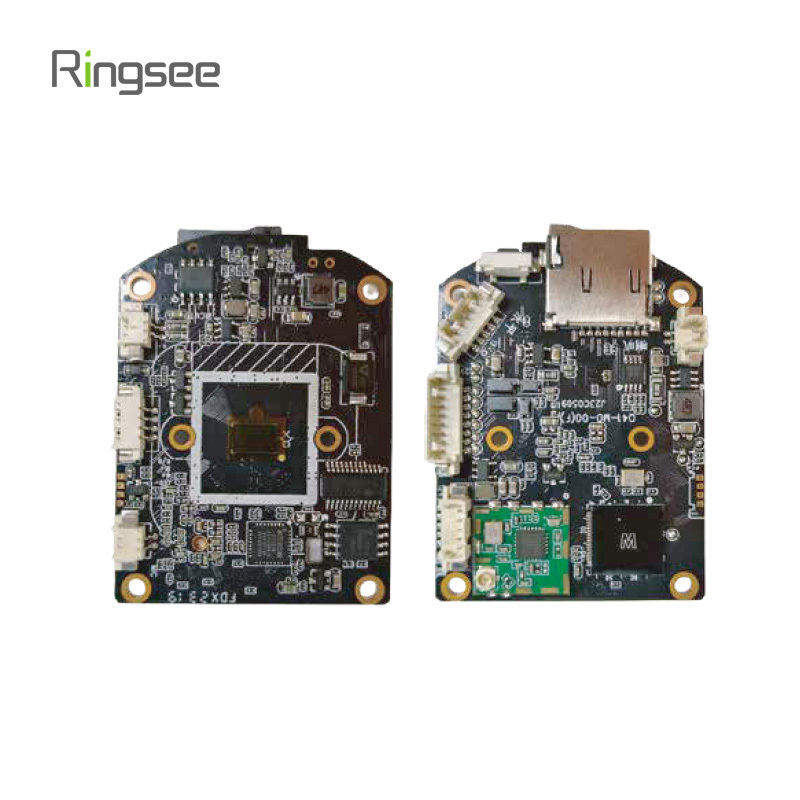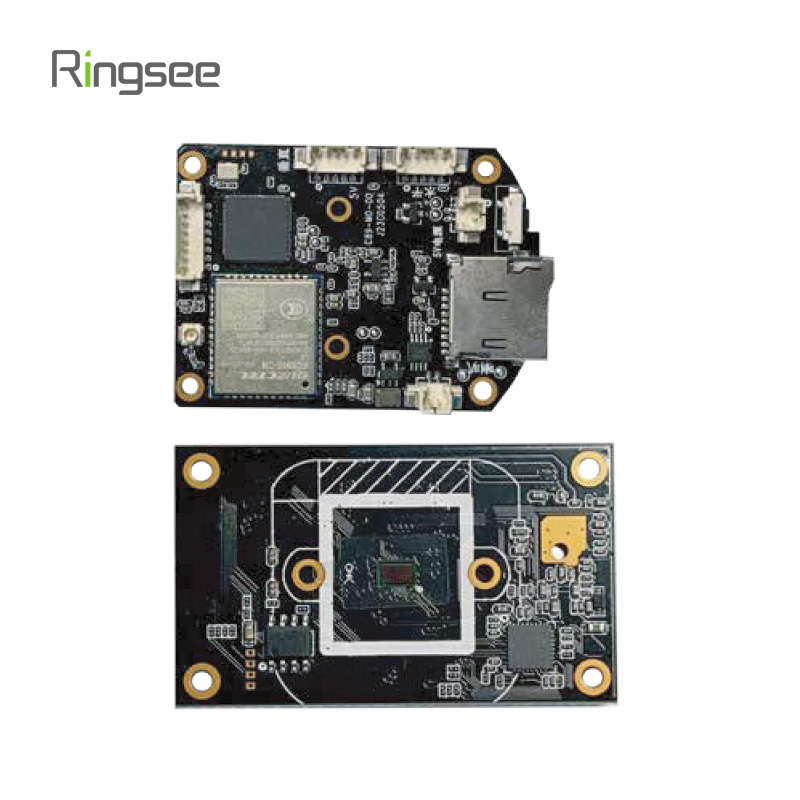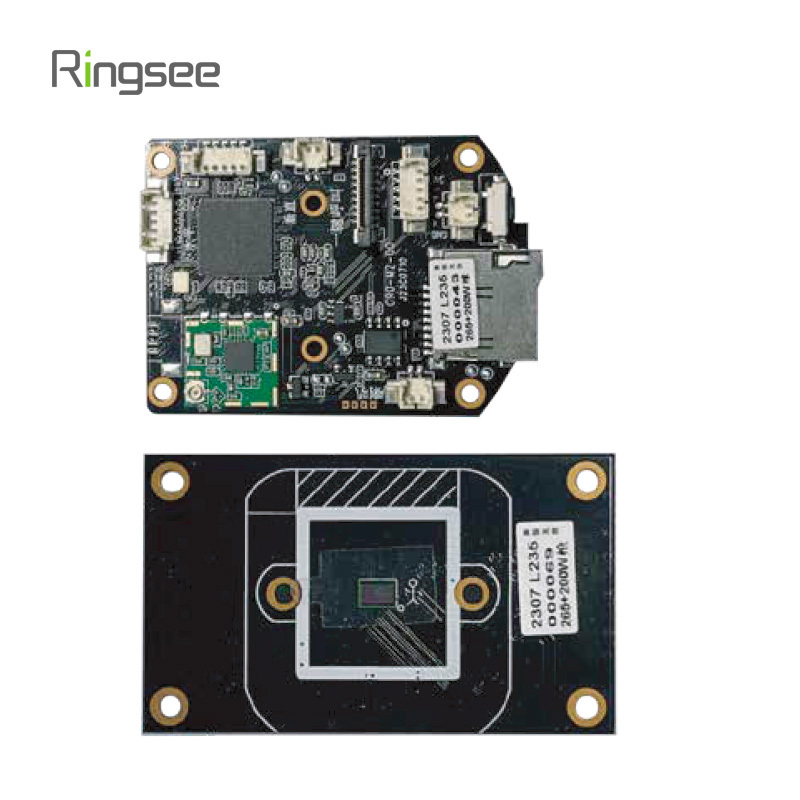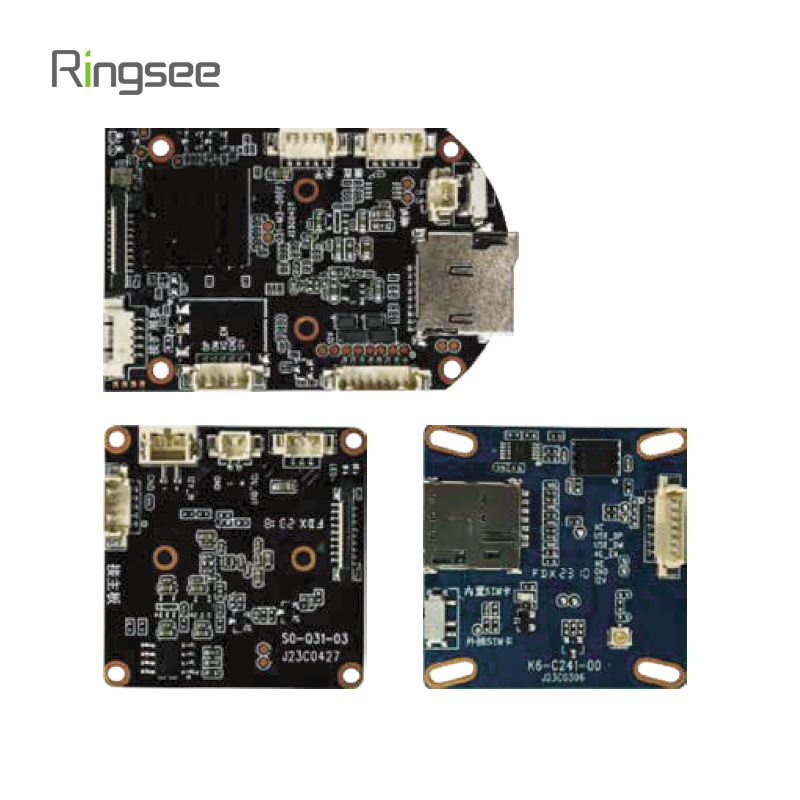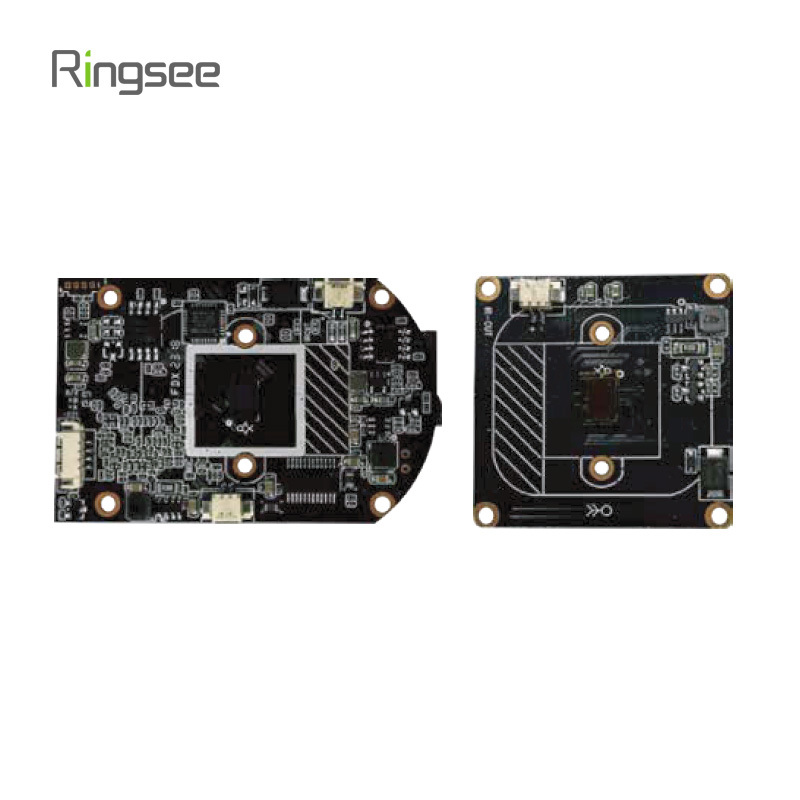
Do battery-powered security cameras need Wi-Fi?
Battery-powered security cameras typically need Wi-Fi to stream live footage, send alerts, and allow remote access through apps or cloud storage. While the cameras can run on battery power, the Wi-Fi connection is crucial for transmitting data like video footage and notifications.
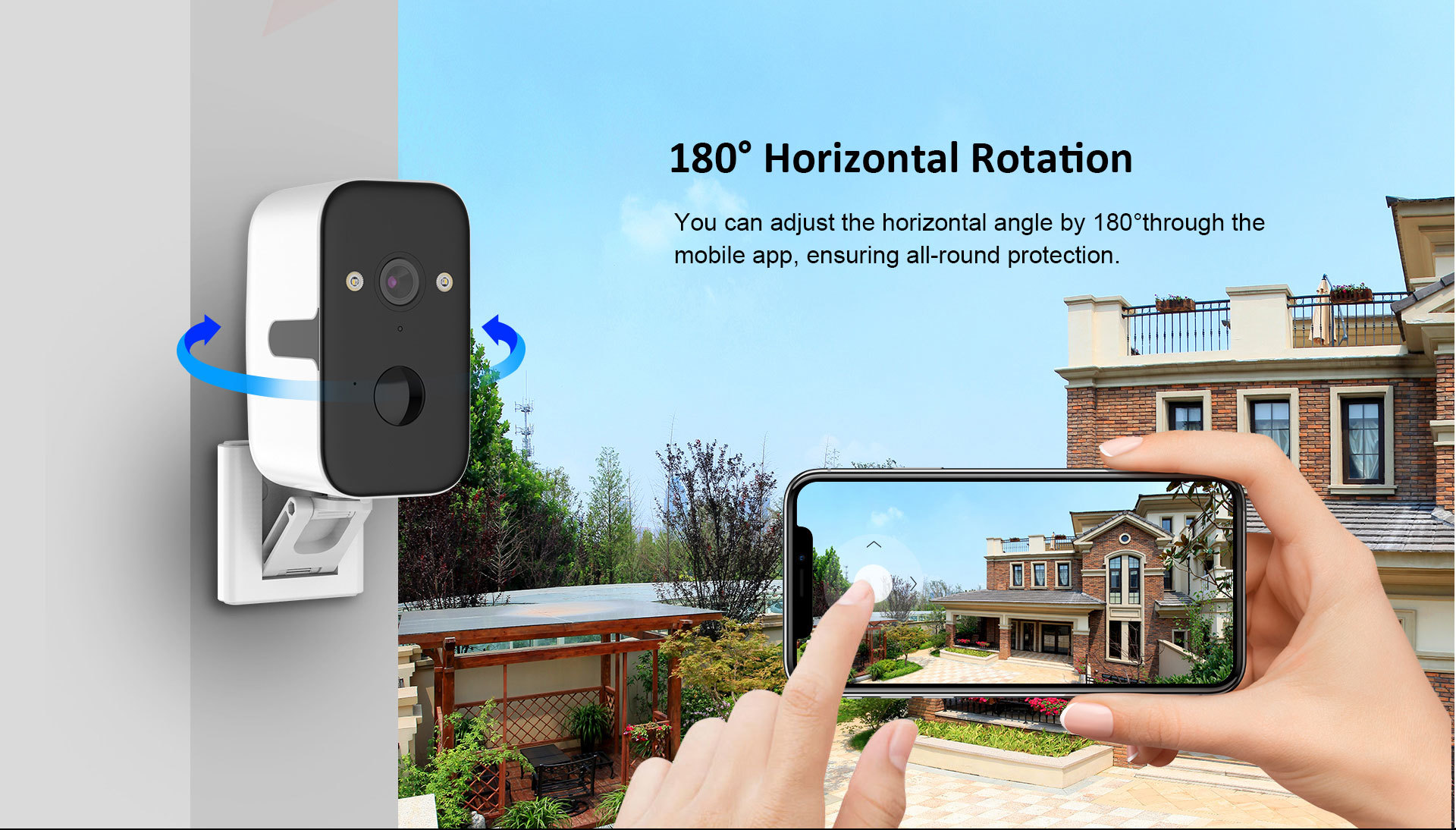
1. Live Streaming & Remote Access
Battery-powered cameras need Wi-Fi to stream live footage to your smartphone, tablet, or computer. The camera captures video and sends it to your device through the internet, allowing you to view what's happening in real time, no matter where you are.
2. Cloud Storage & Video Recording
Many modern security cameras offer cloud storage as a way to back up video footage. This feature is typically accessible over Wi-Fi. Without a Wi-Fi connection, it would be difficult for the camera to upload the recorded video to the cloud for later viewing. Some cameras might offer local storage options (SD cards or hard drives) for saving footage, but Wi-Fi is still needed for remote access and notifications.
3. Motion Detection & Notifications
Battery-powered cameras are equipped with motion sensors, which can trigger notifications to your phone when they detect movement. To send these alerts and notify you instantly, the camera uses a Wi-Fi connection to communicate with the app.
4. Two-Way Audio
Many modern security cameras offer two-way audio, which allows you to talk through the camera's speaker and hear what's going on remotely. To do this, the camera needs a stable Wi-Fi connection to transmit audio both ways.
5. Integration with Smart Home Systems
Battery-powered cameras can often integrate with other smart home devices, such as Alexa, Google Home, or other home automation systems. This integration relies on a Wi-Fi connection to synchronize devices and enable voice control, making the cameras more versatile.
What About Cameras Without Wi-Fi?
If you're concerned about Wi-Fi, there are some battery-powered cameras that use cellular networks (4G/5G) instead. These cameras don’t need Wi-Fi but would instead require a data plan (much like a mobile phone), which is great for remote locations without reliable internet access.
Trade-offs:
Wi-Fi-powered cameras are more common and usually have a broader range of features, including high-quality streaming, motion detection, cloud storage, and integration with other smart devices.
Cellular-powered cameras are useful in areas with no Wi-Fi but can be more expensive due to the ongoing data charges, and their functionality might be more limited compared to Wi-Fi-powered cameras.
If you’re looking for a camera that doesn't rely on Wi-Fi, there are some that use cellular connections instead, but most battery-powered security cameras, like Ringsee's, would still need Wi-Fi for full functionality.
Add: 14th Floor, Baoshan Building, Longhua District, Shenzhen China.
Privacy Policy | SEO | CitySite | Support: 300.cn Dongguan
COOKIES
Our website uses cookies and similar technologies to personalize the advertising shown to you and to help you get the best experience on our website. For more information, see our Privacy & Cookie Policy
COOKIES
Our website uses cookies and similar technologies to personalize the advertising shown to you and to help you get the best experience on our website. For more information, see our Privacy & Cookie Policy
These cookies are necessary for basic functions such as payment. Standard cookies cannot be turned off and do not store any of your information.
These cookies collect information, such as how many people are using our site or which pages are popular, to help us improve the customer experience. Turning these cookies off will mean we can't collect information to improve your experience.
These cookies enable the website to provide enhanced functionality and personalization. They may be set by us or by third-party providers whose services we have added to our pages. If you do not allow these cookies, some or all of these services may not function properly.
These cookies help us understand what you are interested in so that we can show you relevant advertising on other websites. Turning these cookies off will mean we are unable to show you any personalized advertising.

